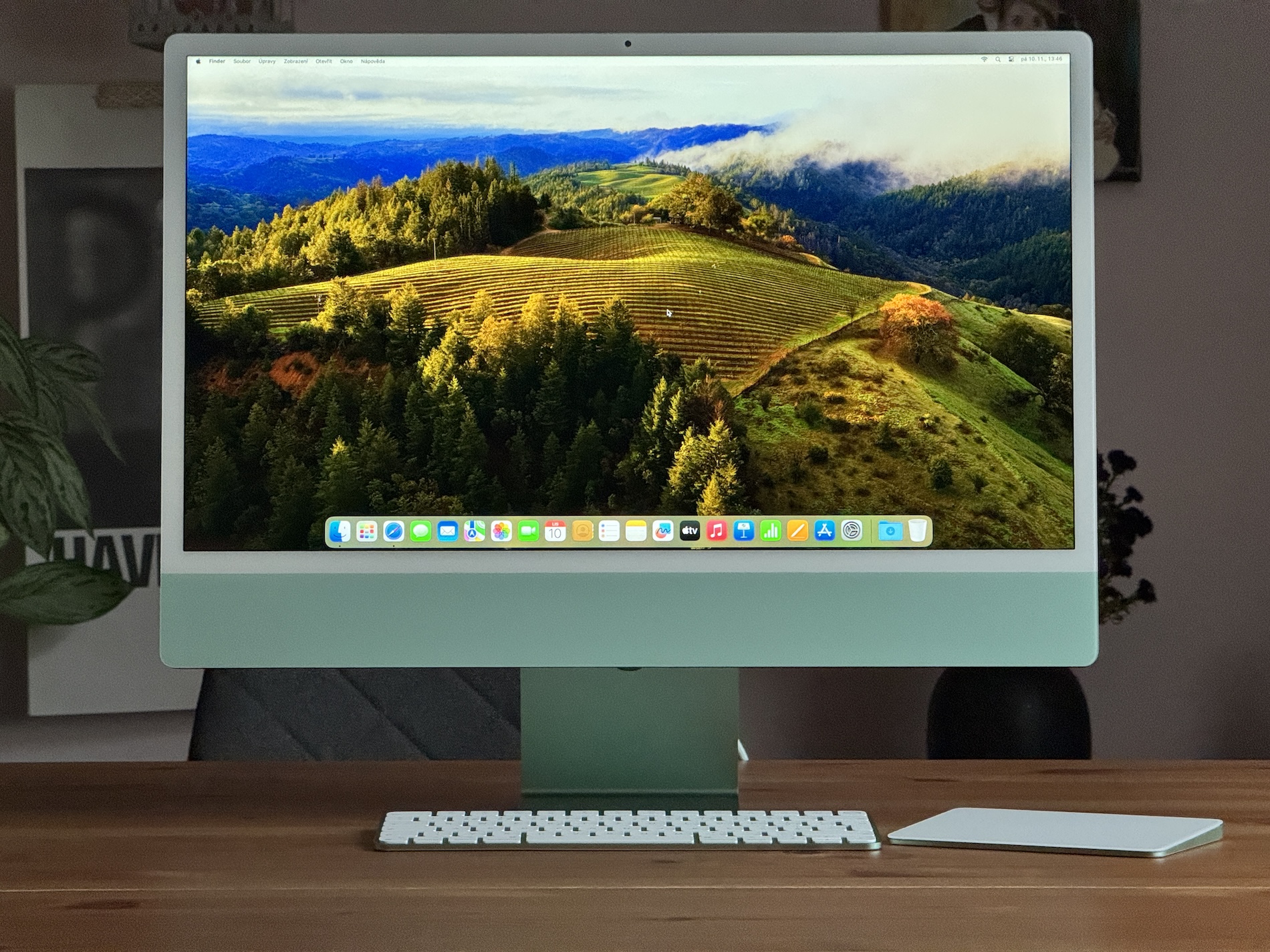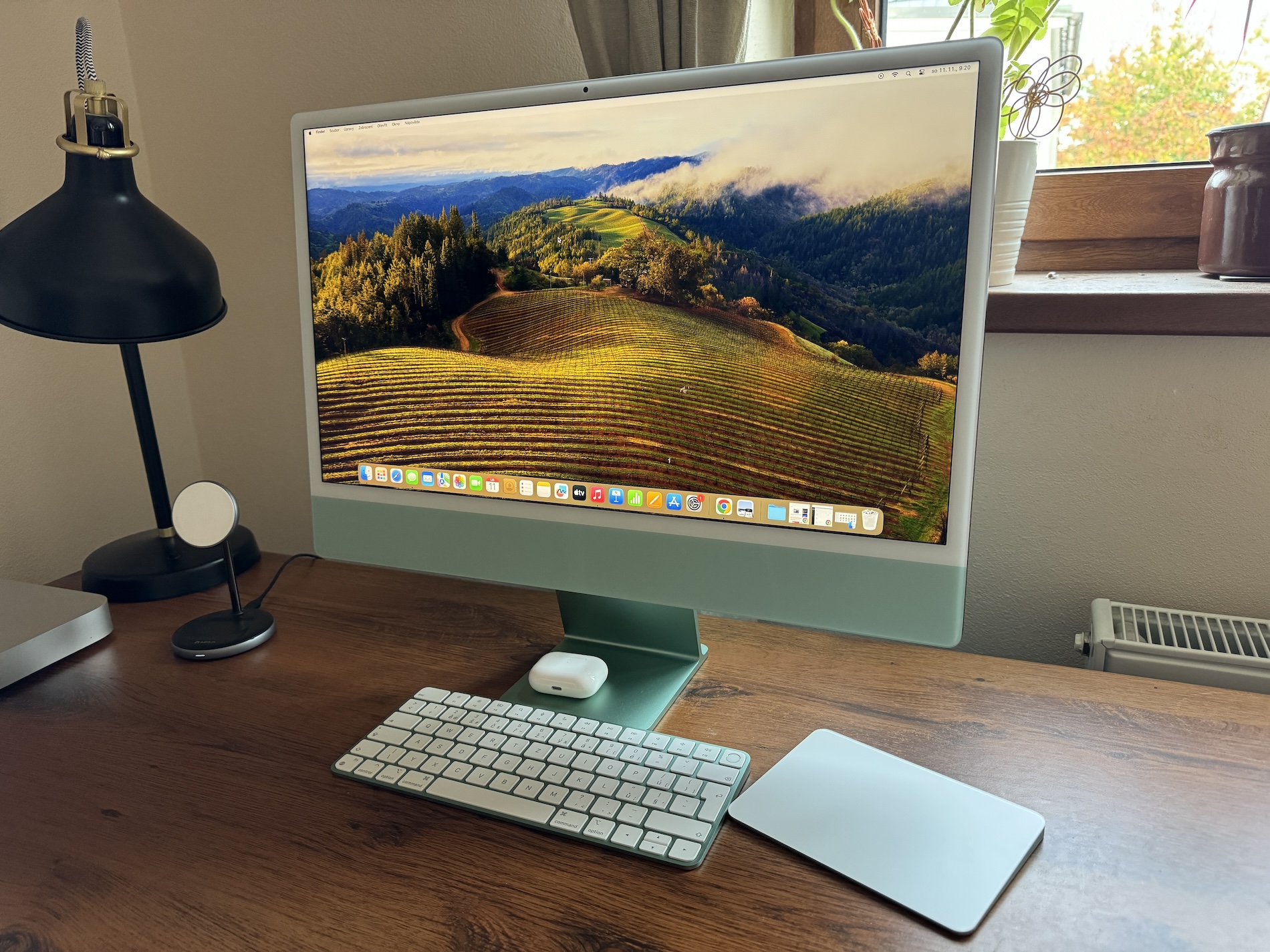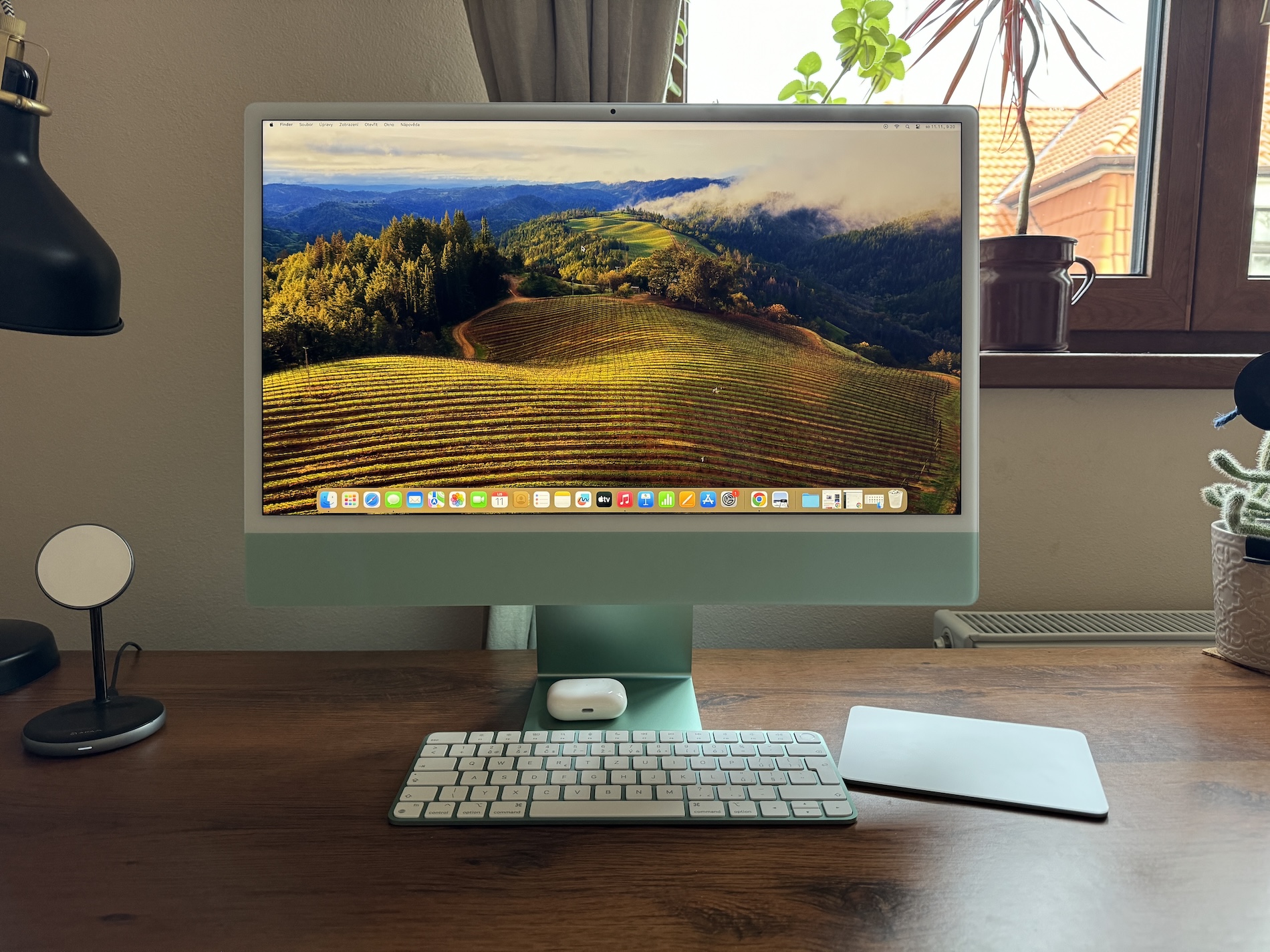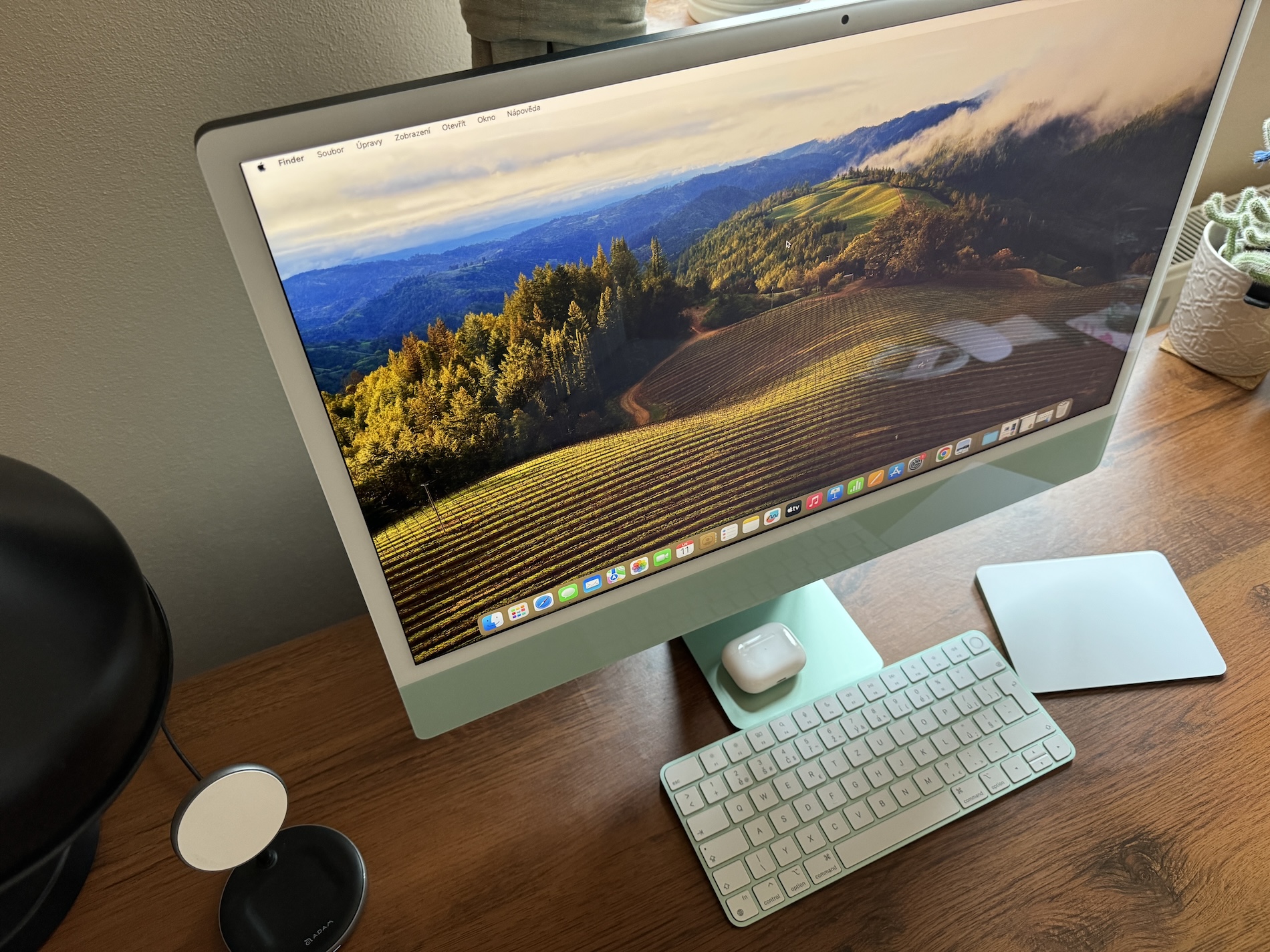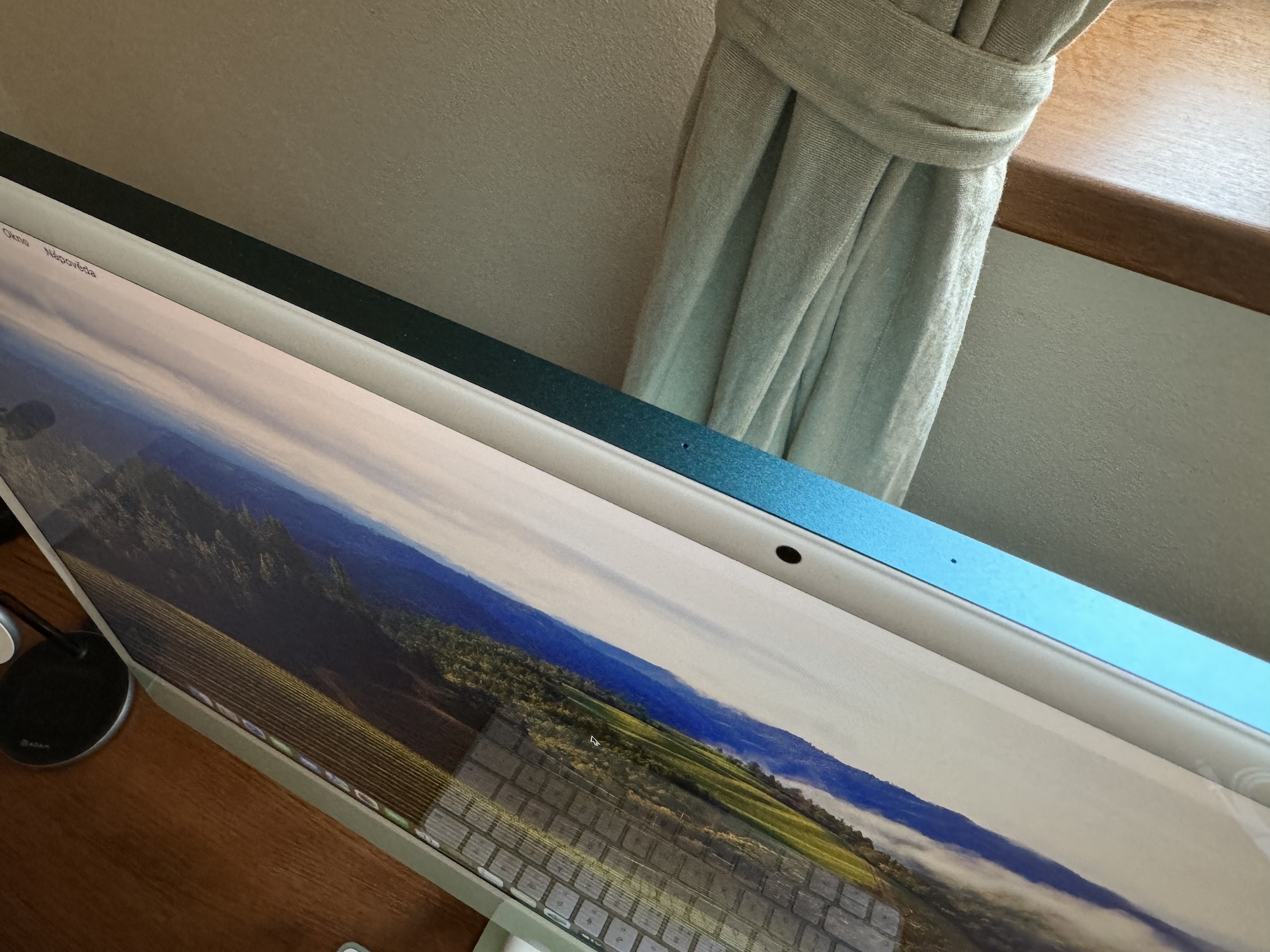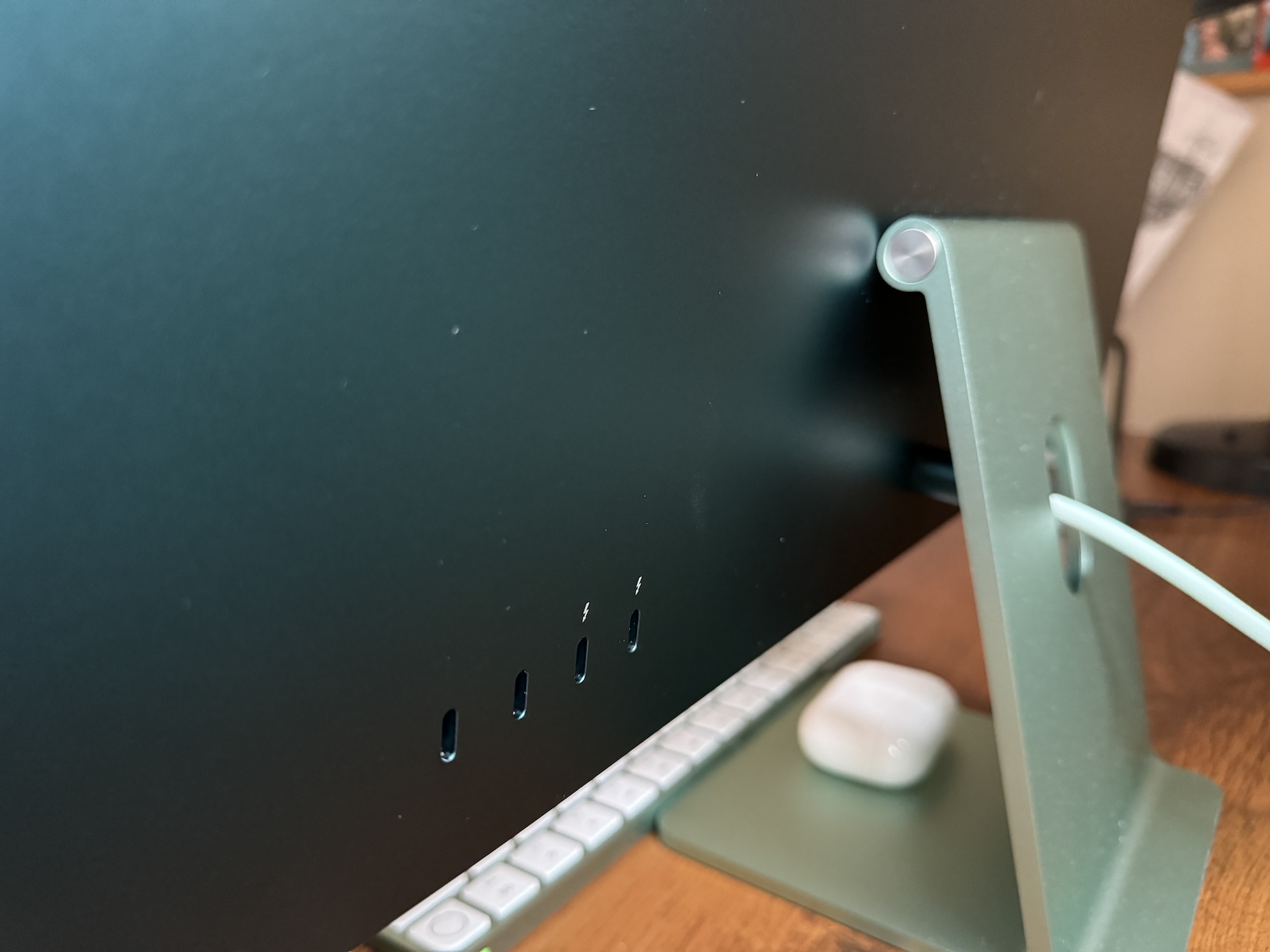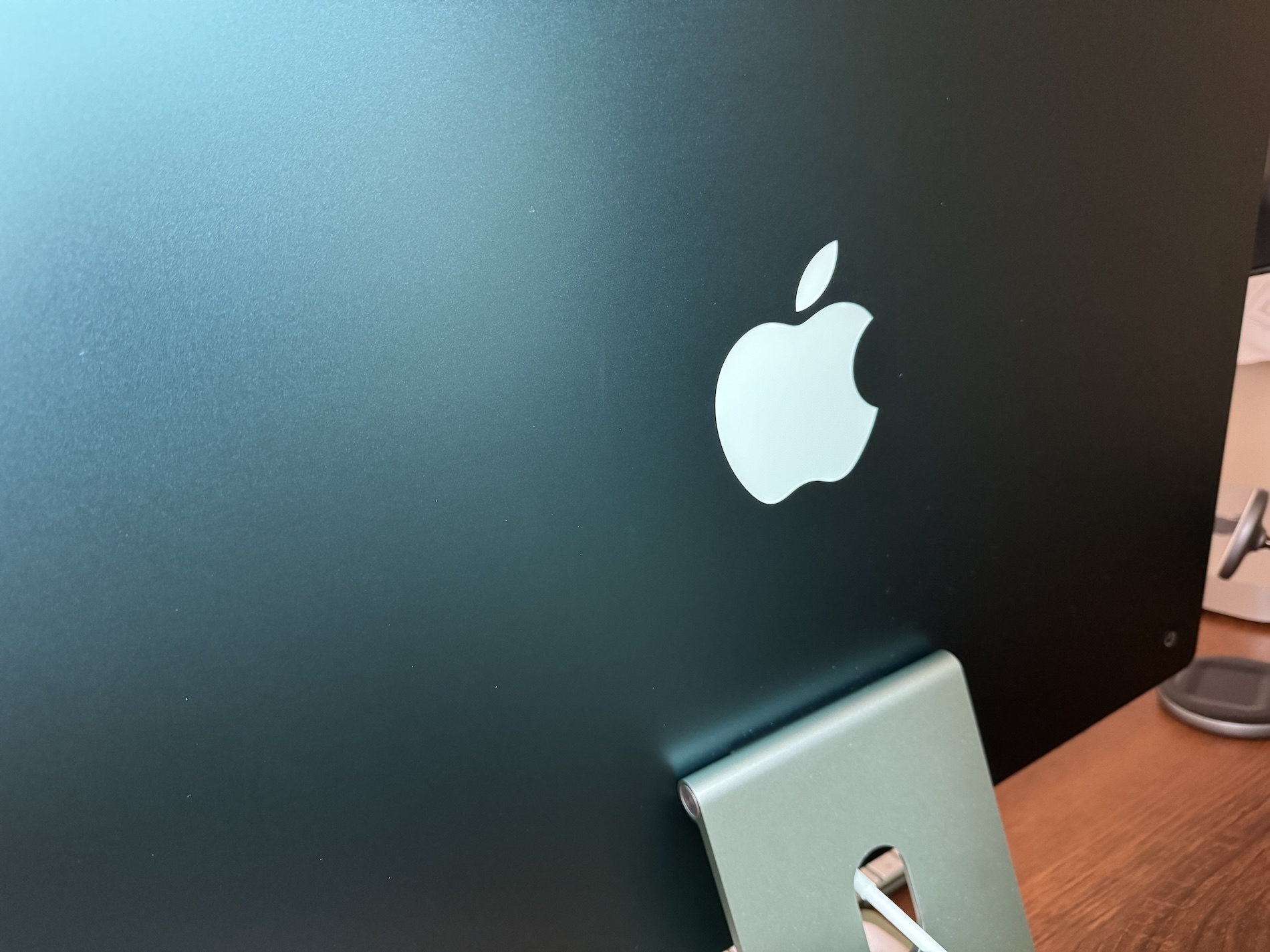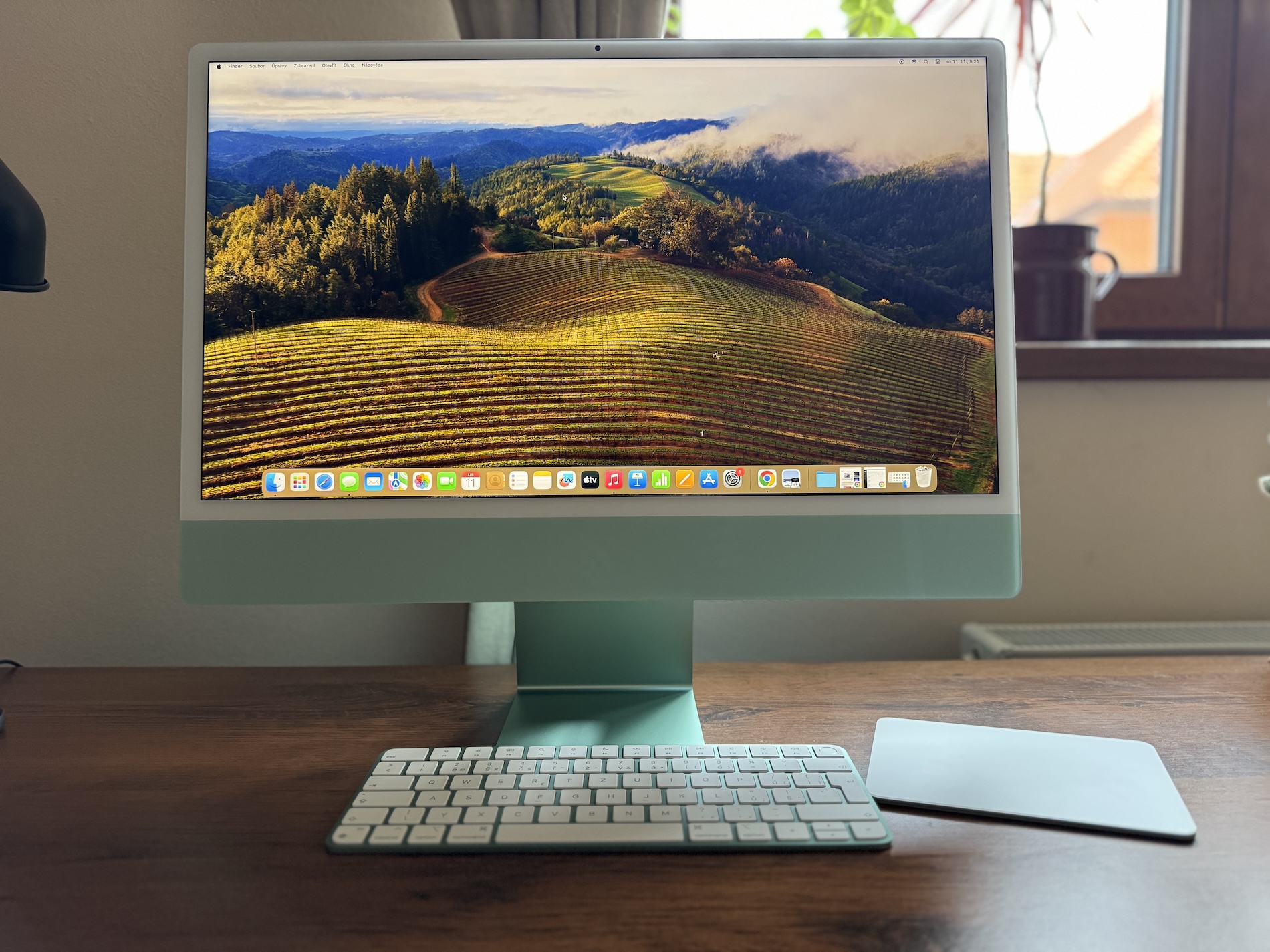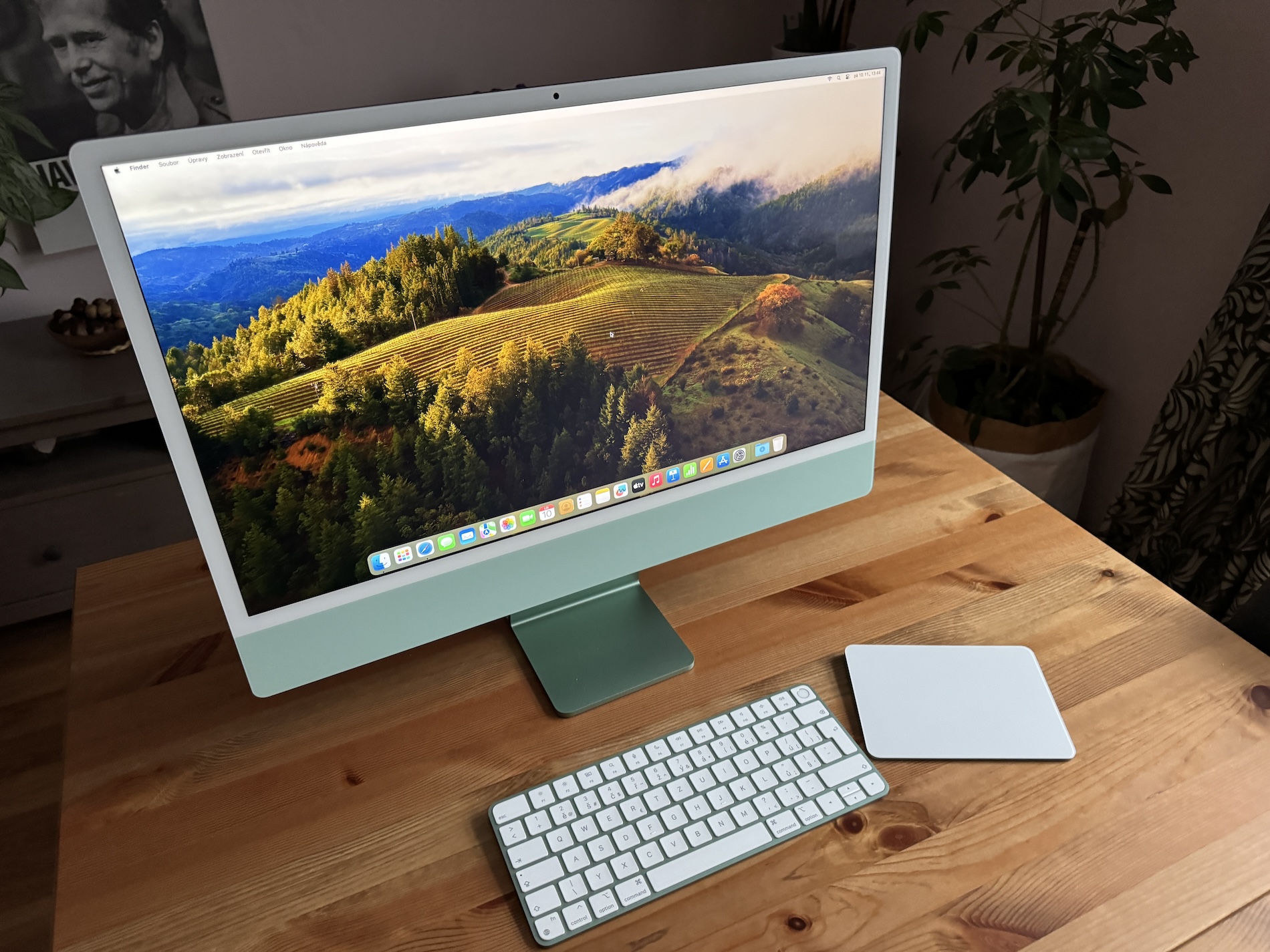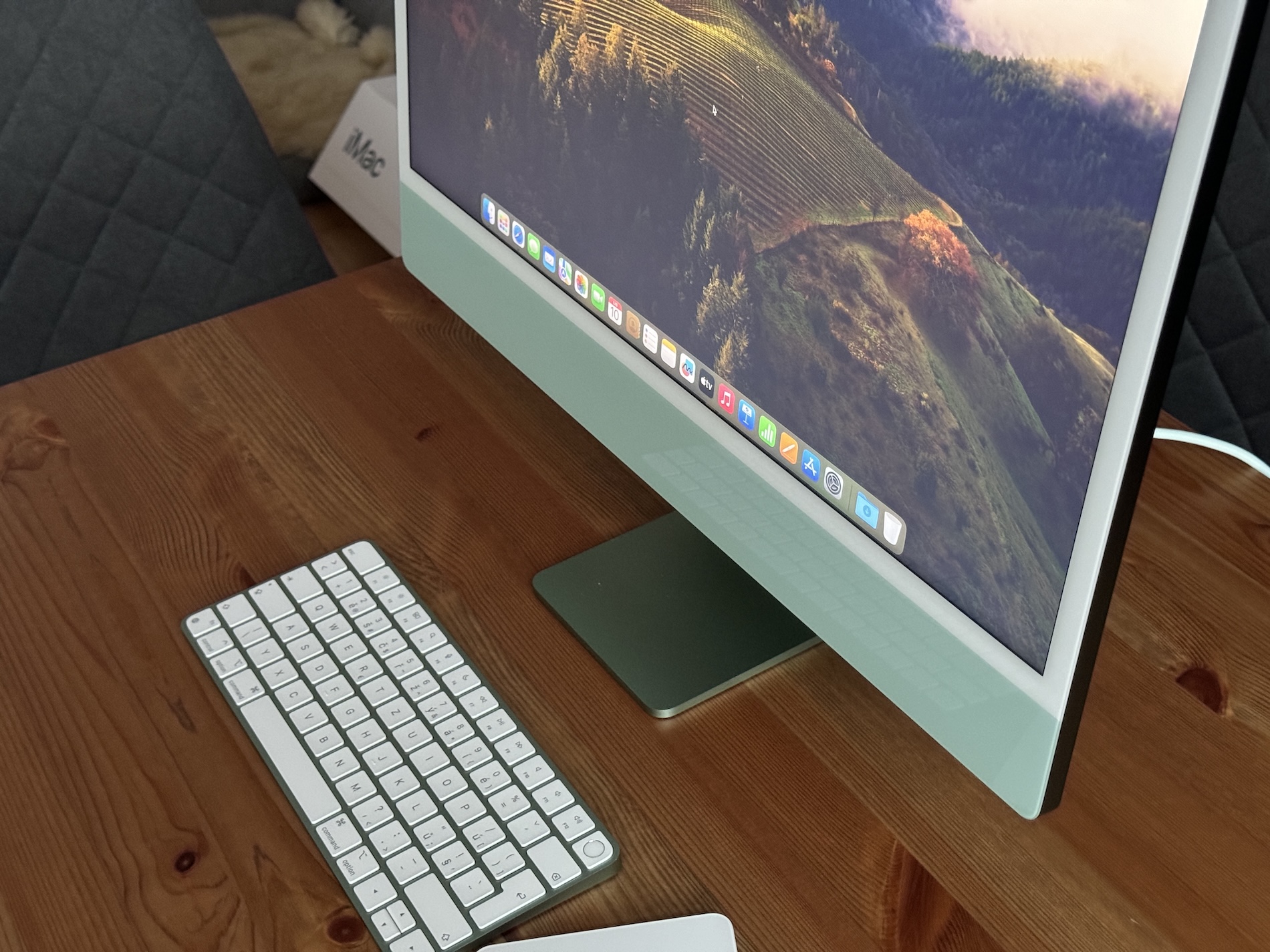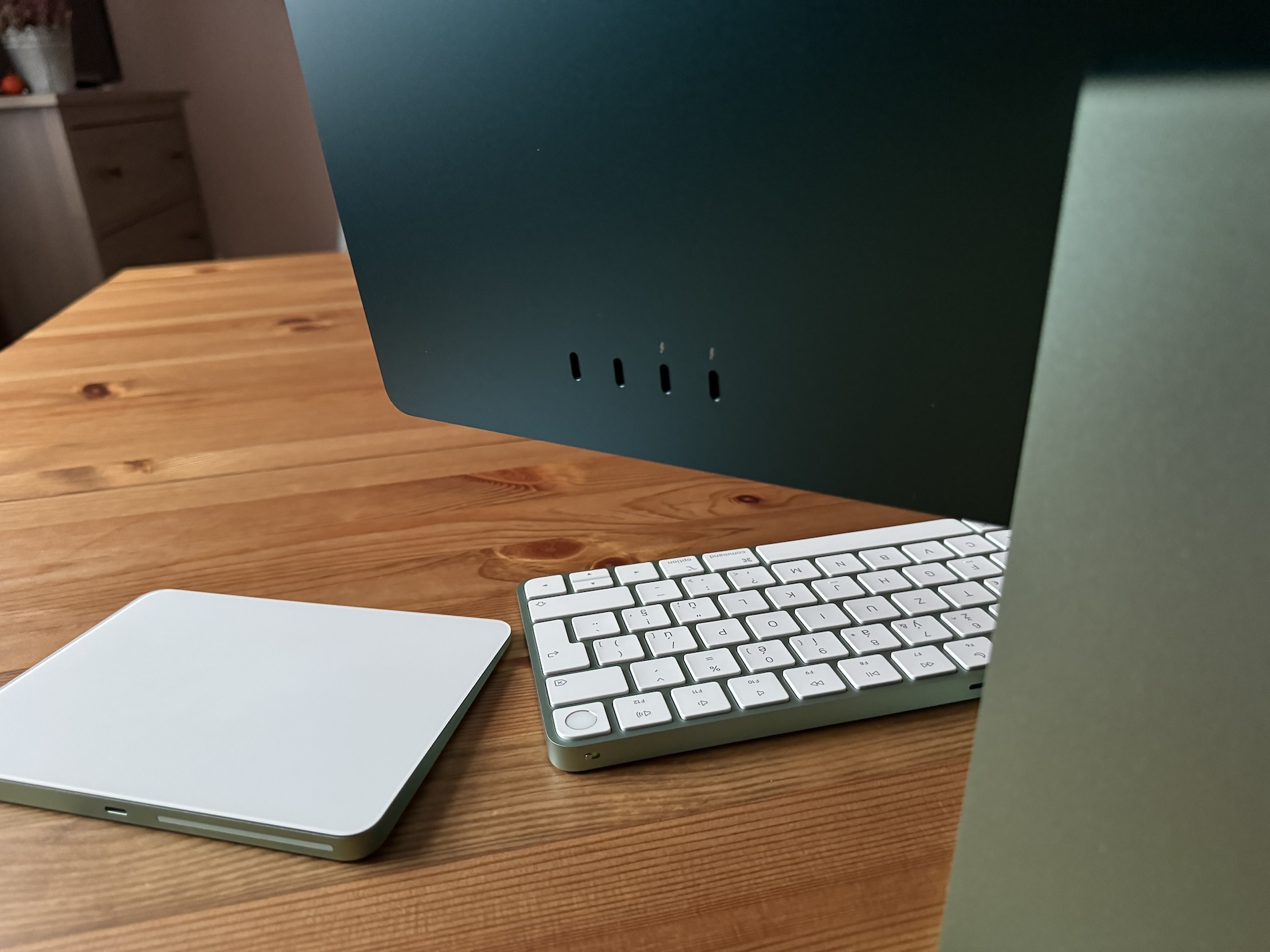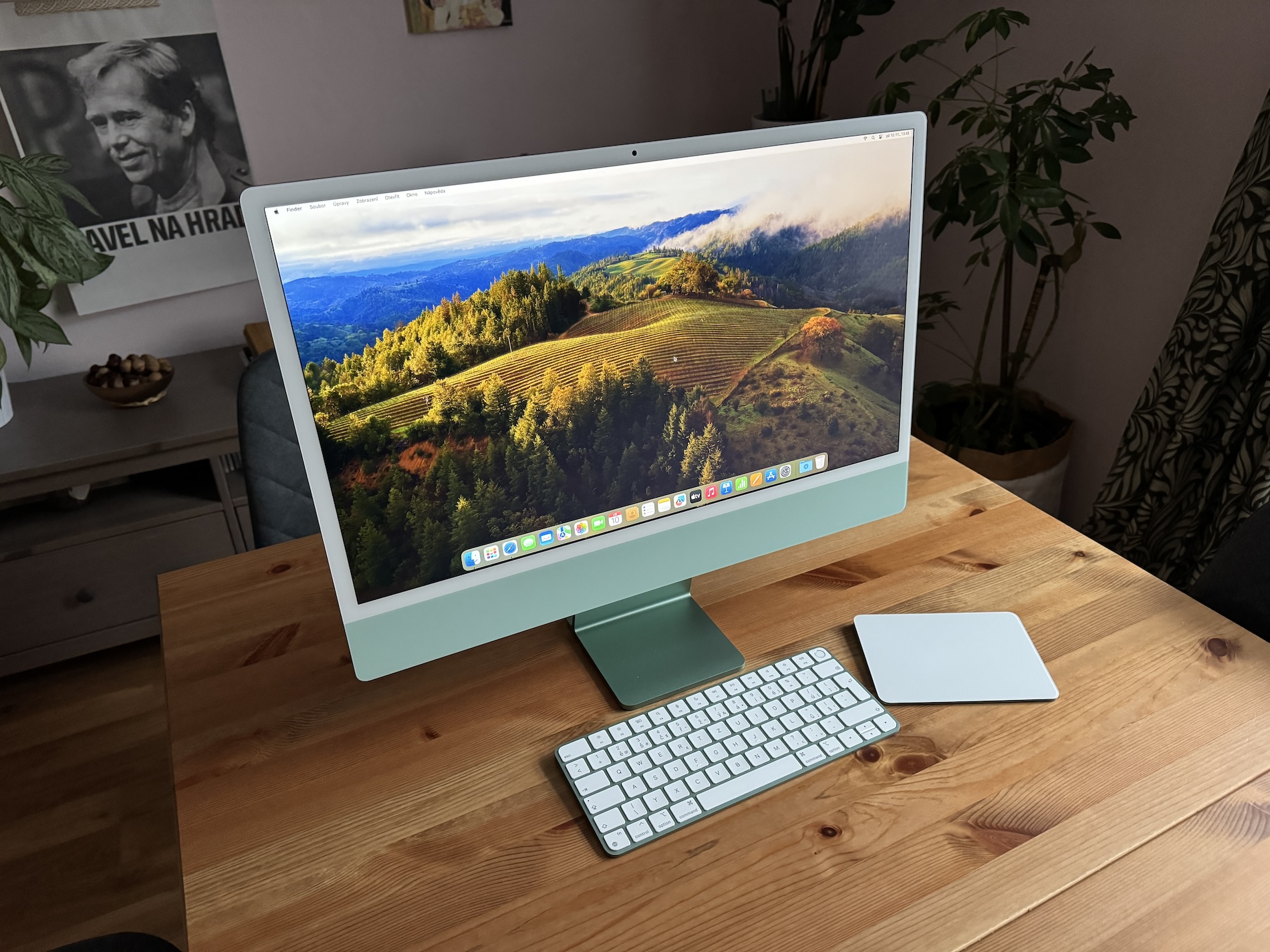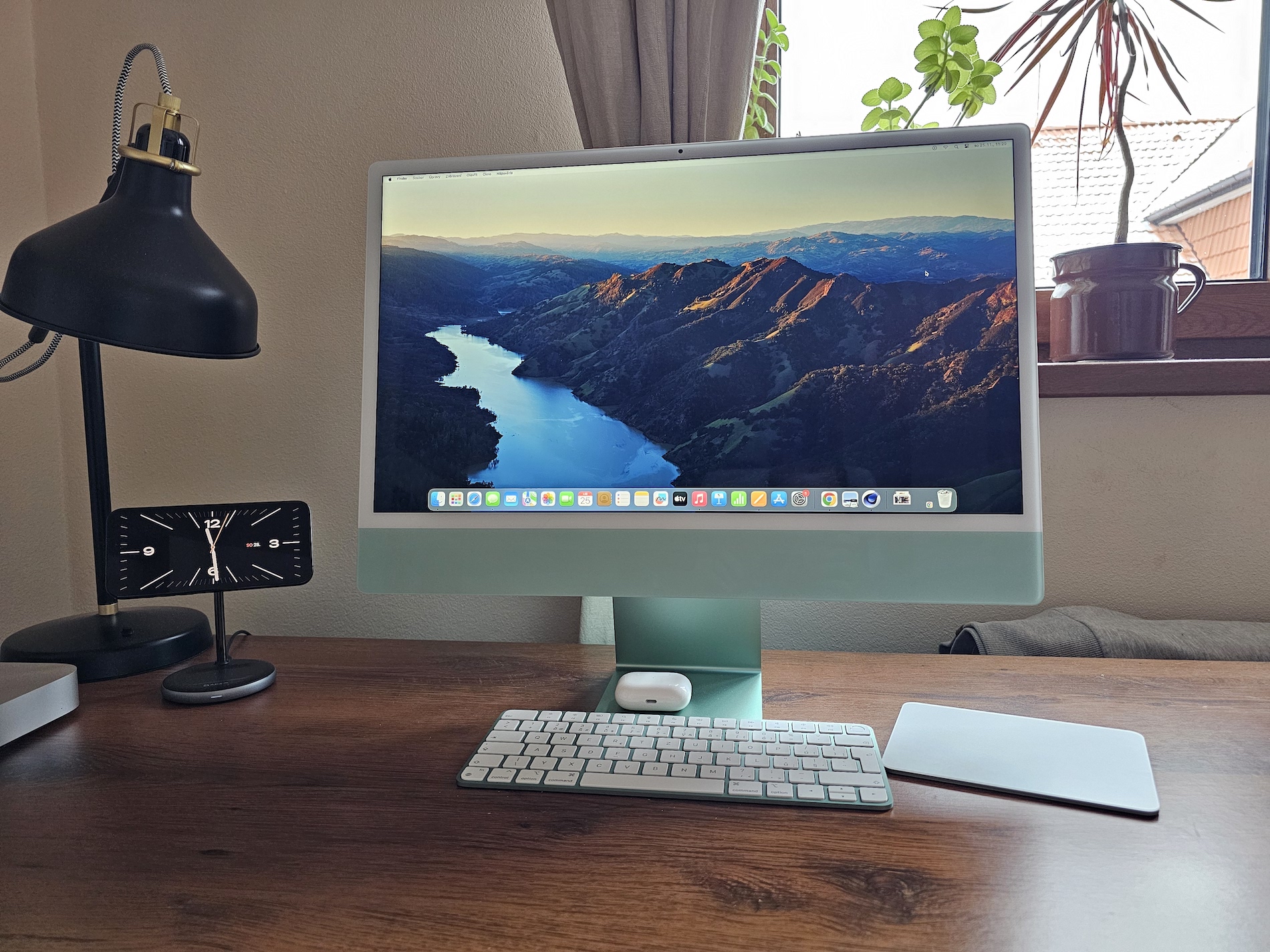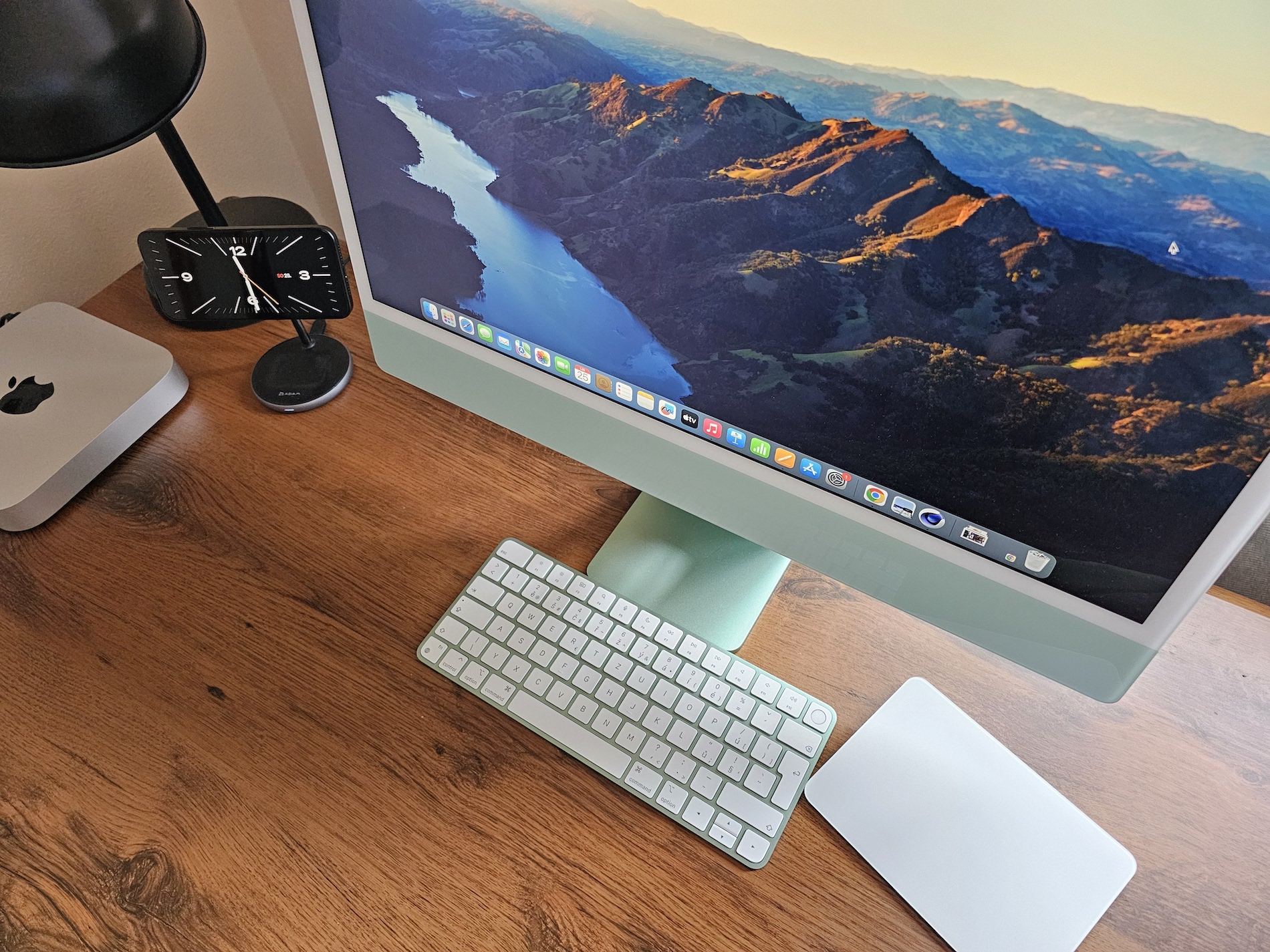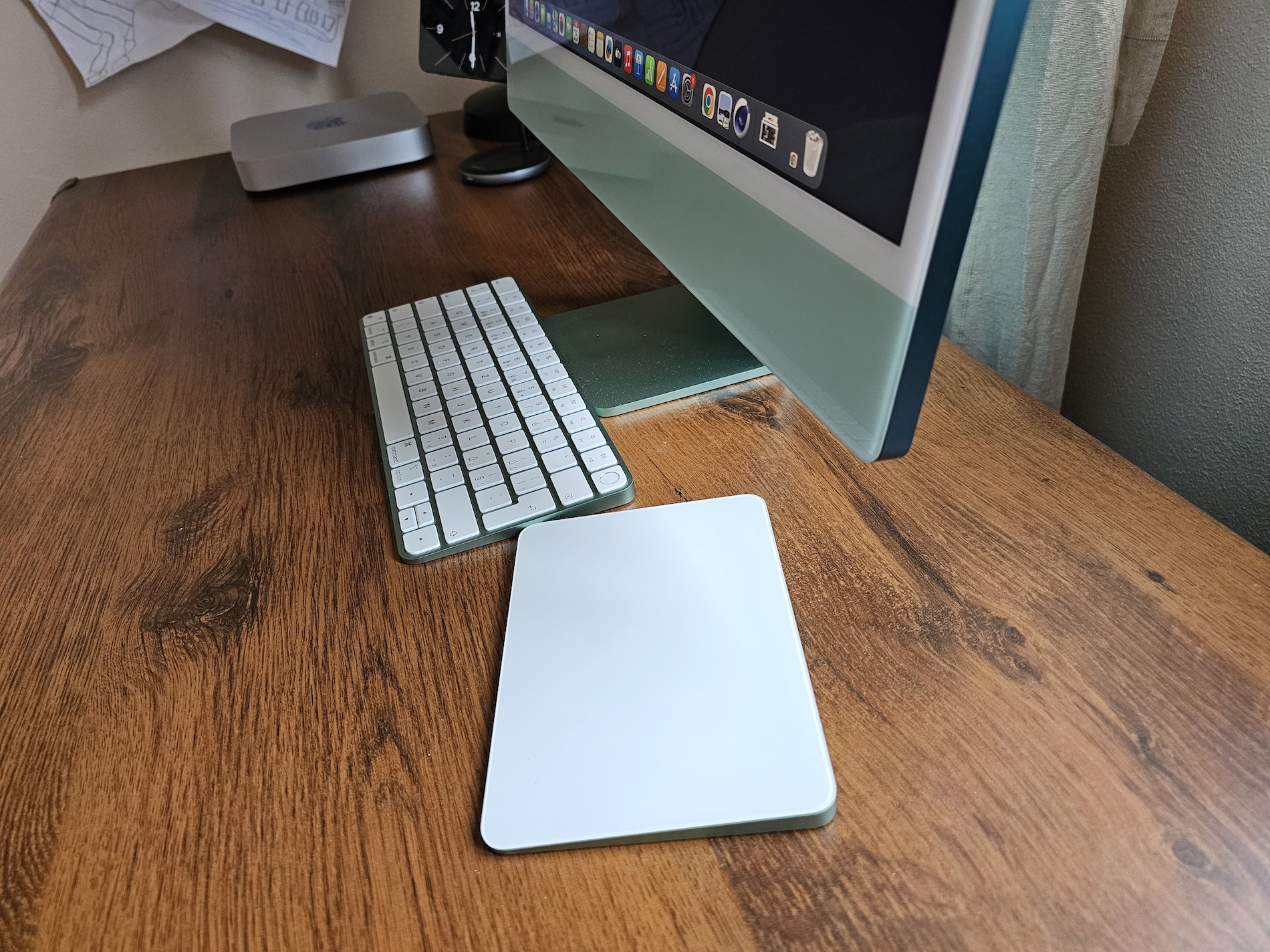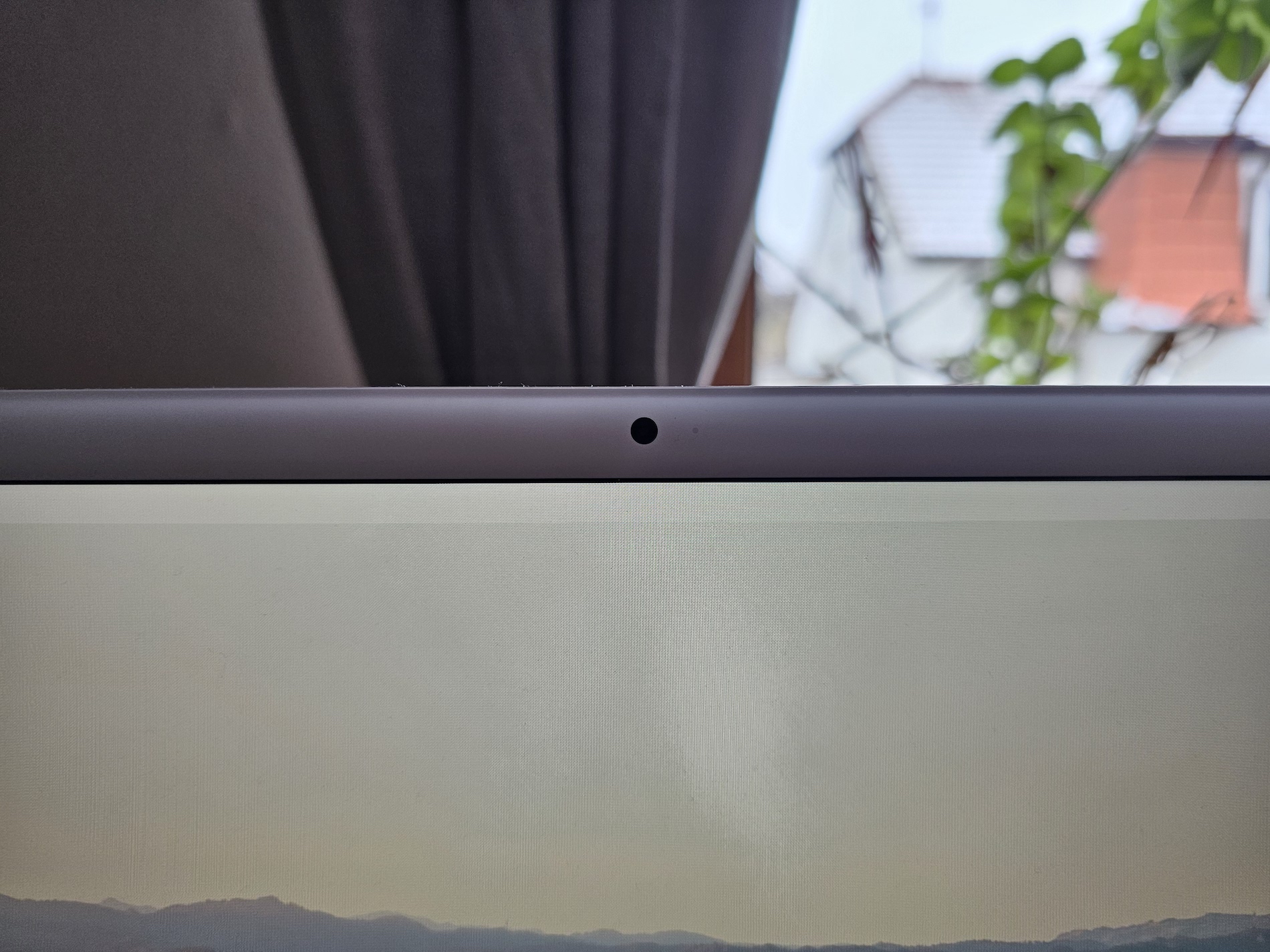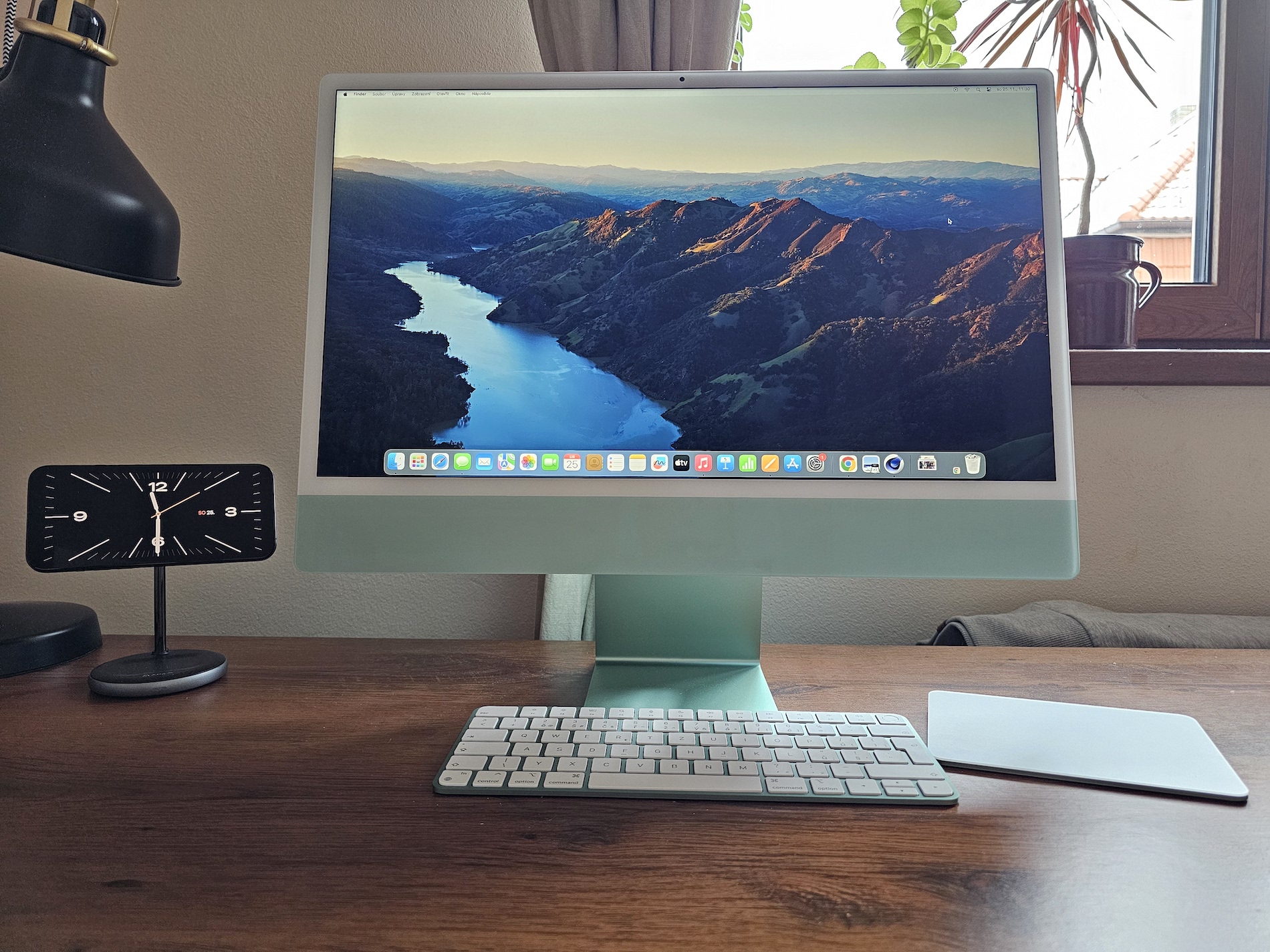Apple was primarily a computer company. After all, in 1976, when it was founded, many people thought smartphones were just that. However, the world is changing and Apple is changing with it. It is now a leader among smartphone manufacturers, and with regard to computers, it puts a clear emphasis on its laptops rather than desktops.
Now when Apple launched the MacBook Air, it introduced it with words like "world's most popular laptop". Thus, the statement of Greg Joswiak, Apple's senior vice president of worldwide marketing, specifically reads: "MacBook Air is our most popular Mac, and more and more customers are choosing it over any other laptop."
How about it kind of contradicts the company's analysis CIRP, which, on the other hand, says that the most popular Mac in the US is the MacBook Pro, which has a 51% domestic market share among Apple computers. And that's not much when it's more than half of all sales. By the way, MacBook Air has a 39% share there. In both cases, it is a laptop, i.e. a notebook or portable computer, where this design clearly crushes classic desktops.
The all-in-one iMac only accounts for a 4% share of sales, which may well be the reason why we didn't even get to see its generation with the M2 chip. Somewhat surprisingly, Mac Pro occupies a 3% share, and it can be seen that there are still enough professionals who really appreciate its services, and especially its performance. Mac mini and Mac Studio only have a measly 1% of the market.
It could be interest you
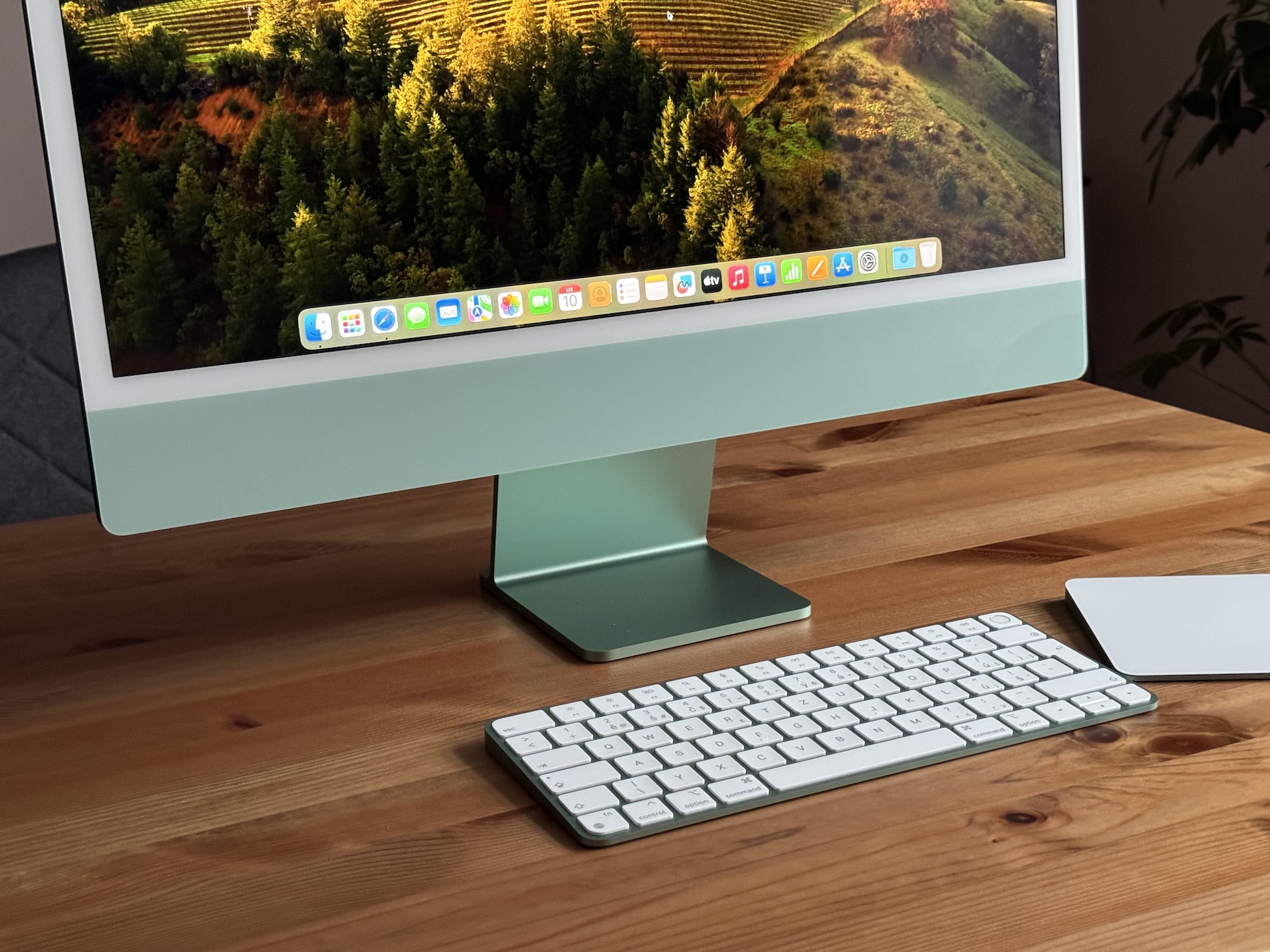
Why are laptops beating desktops?
So it's 90% for laptops and the rest for desktop. Although the analysis was created for the US, it is quite likely that it is not fundamentally different elsewhere in the world. Laptops have their clear positives. It actually offers comparable performance to a desktop - that is, at least if we are talking about Mac mini and iMac, and you can work with them anytime, anywhere, and if you connect peripherals and a display to them, you actually work with them in the same way as with desktop computers. But you probably won't take such a Mac mini on your travels.
So it can be seen that most users prefer versatility. The fact that you will be working on one computer at work, on the road and at home is also to blame. Workstations are tied to a place, even if they try to break these long-held stereotypes with the help of cloud services, they still clearly do not succeed. I can see it in my use as well. I have a Mac mini in the office, a MacBook Air for travel. Although I would replace the Mac mini with a MacBook very easily, the opposite is simply not possible. If I had only one choice, it would definitely be a MacBook.
It could be interest you
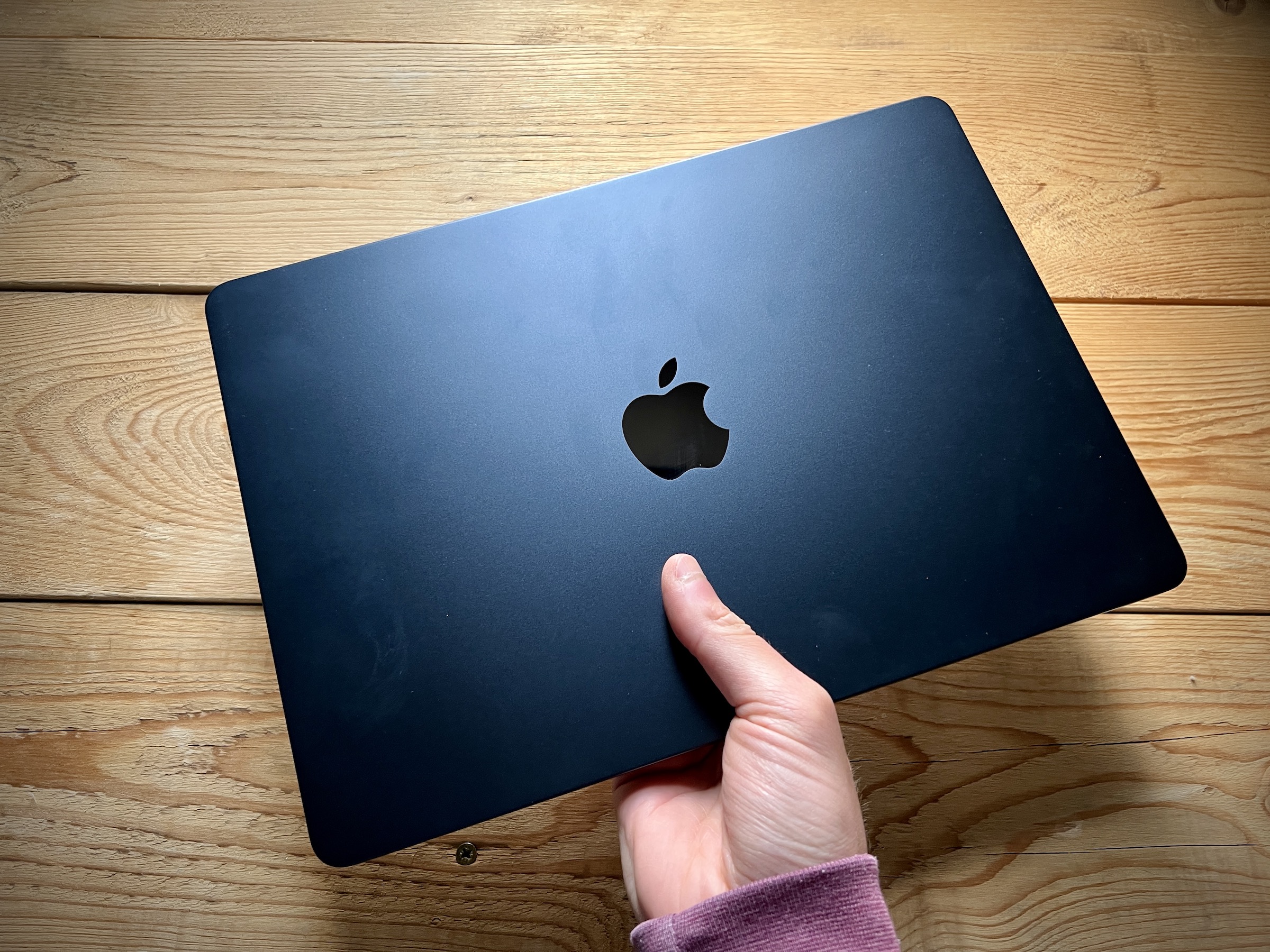
So it's only logical that Apple has shifted its focus from desktops to laptops in recent years. While desktops could have been more prominent between 2017 and 2019, it can be said that Apple Silicon has shown how much performance even a laptop computer can deliver, and the desktop is slowly clearing the field - at least for advertising and all promos. To a certain extent, the global pandemic and the home office are also to blame, which has also changed our work style and habits in a certain way. But the numbers speak volumes, and in Apple's case at least, it looks like its desktop computers are a dying breed.
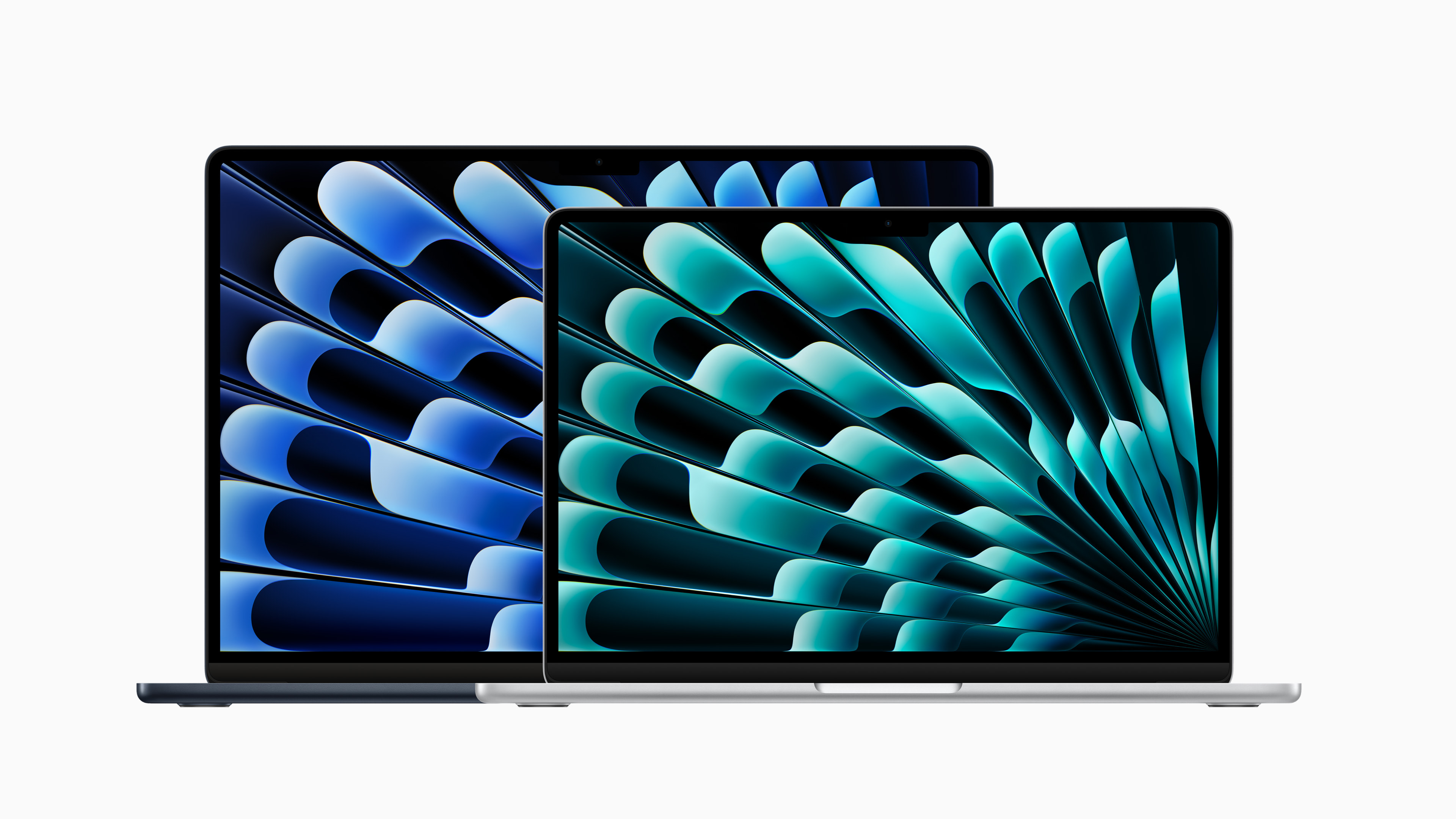
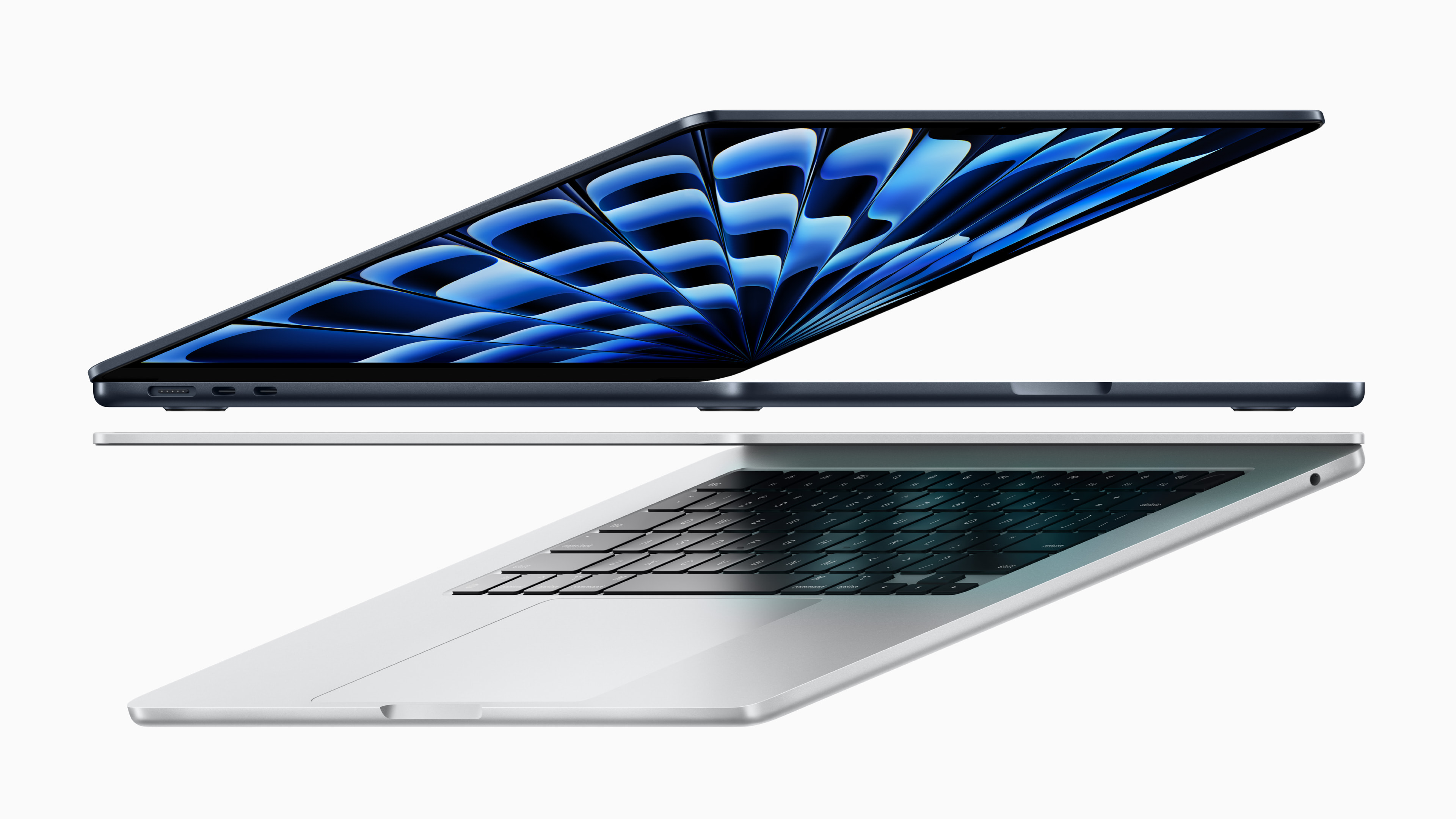
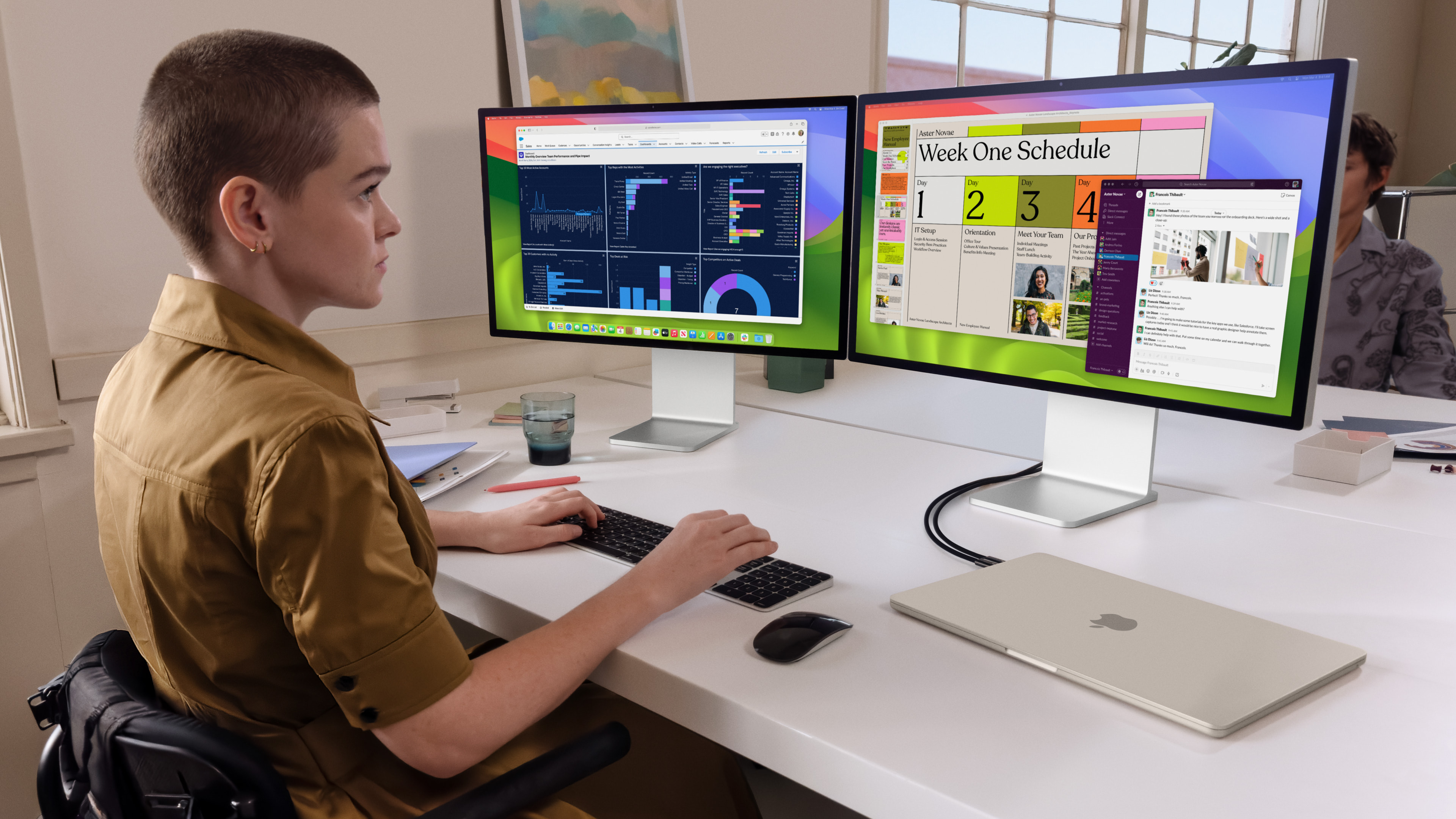

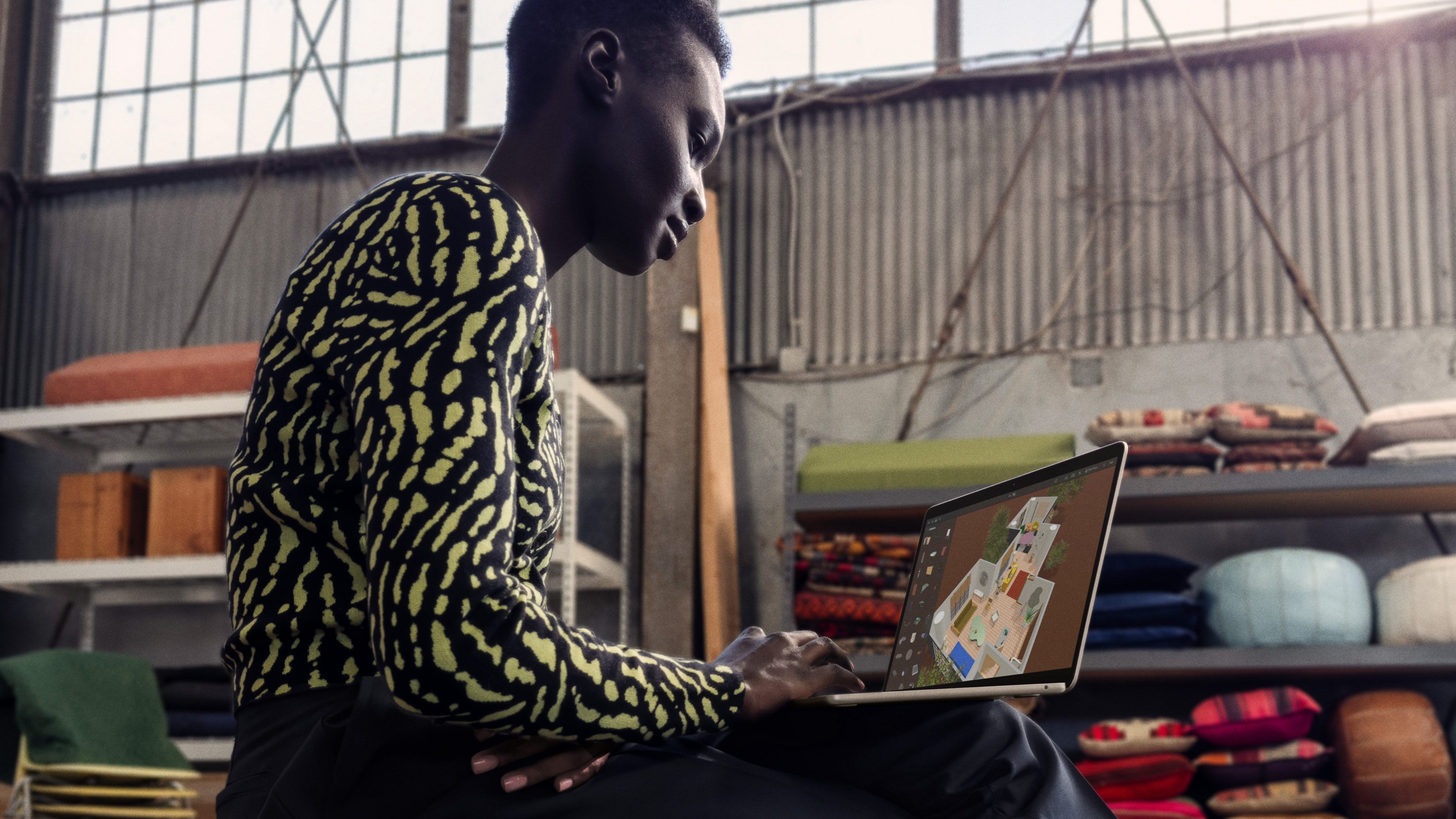
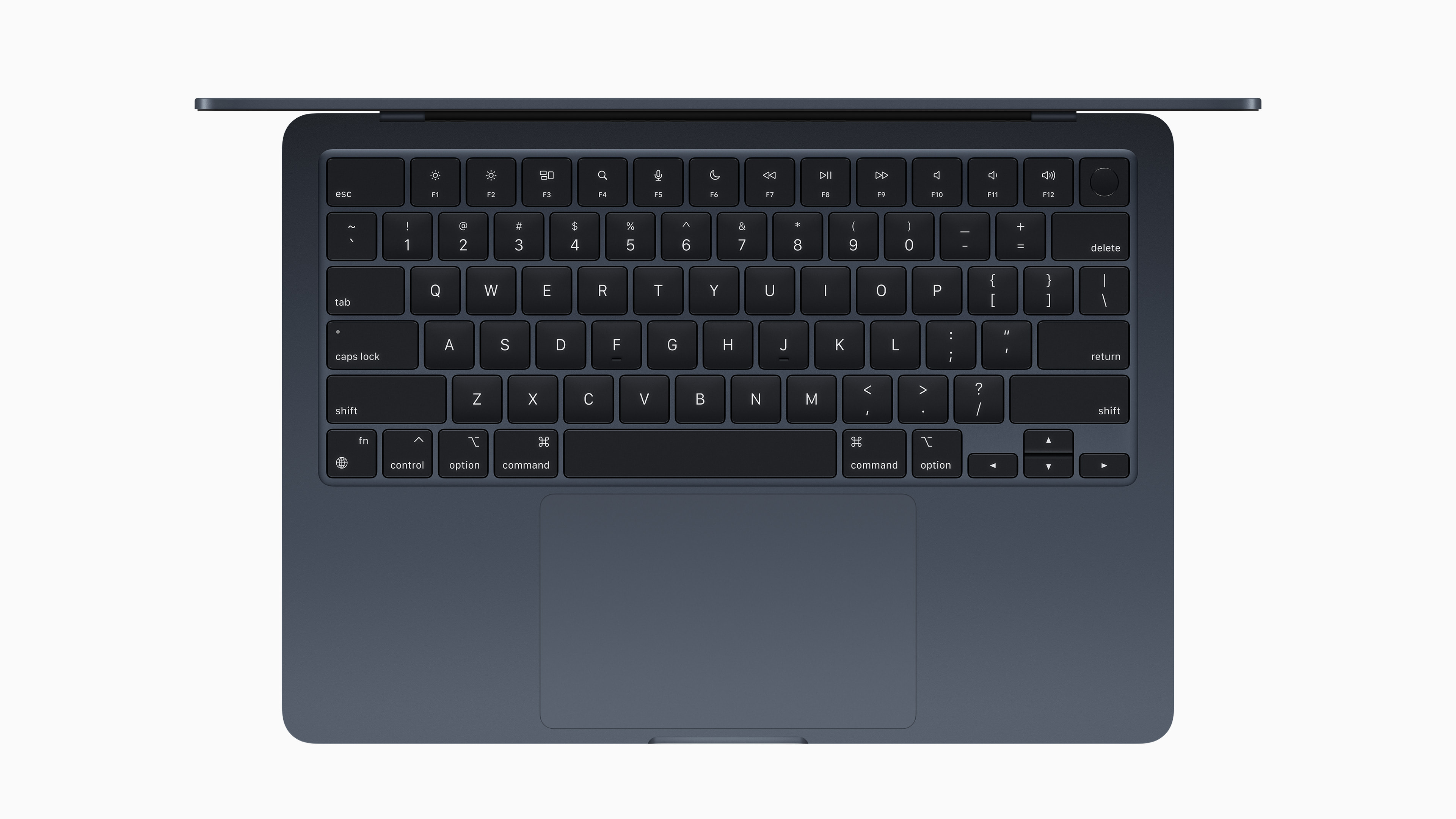
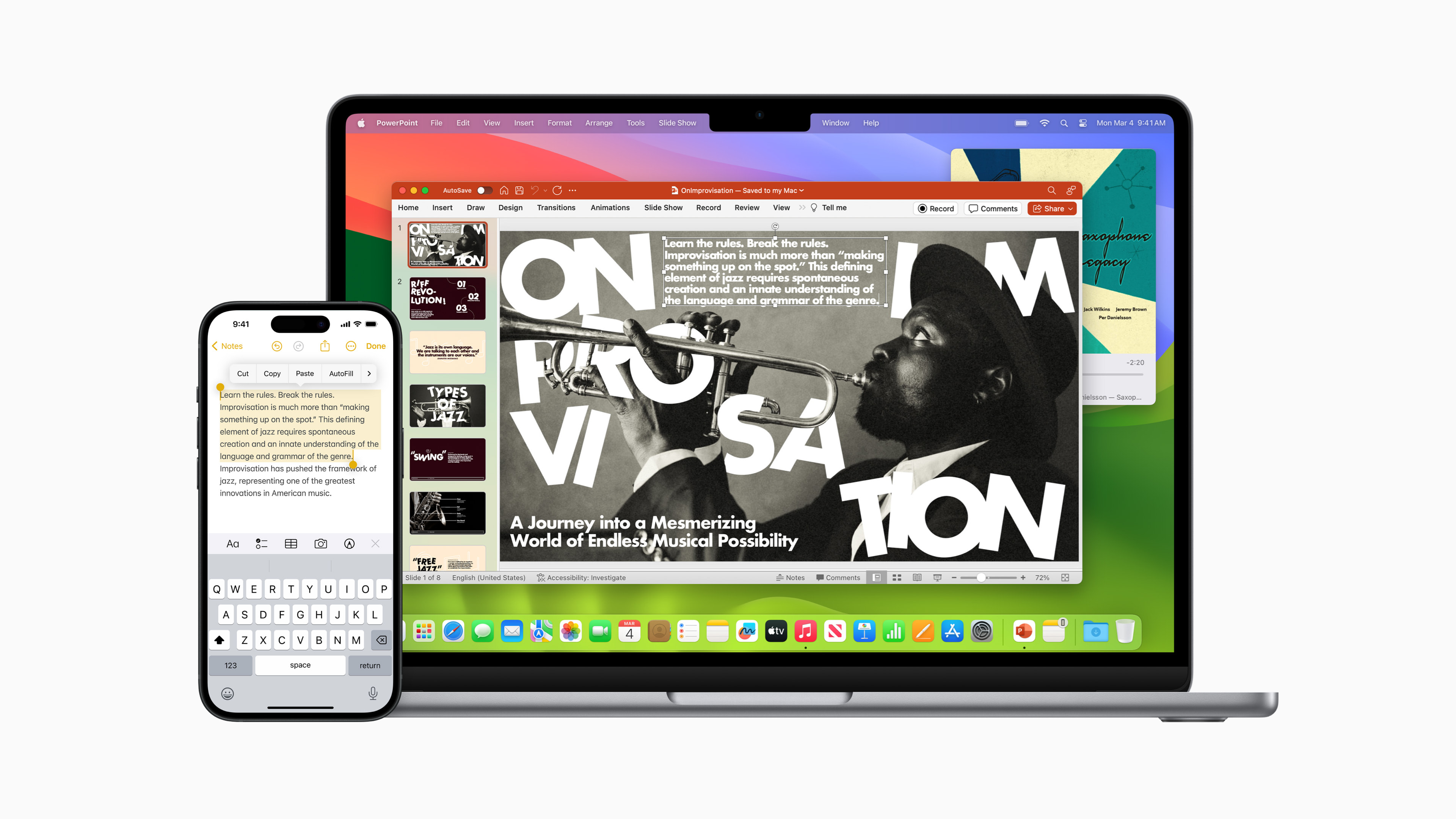
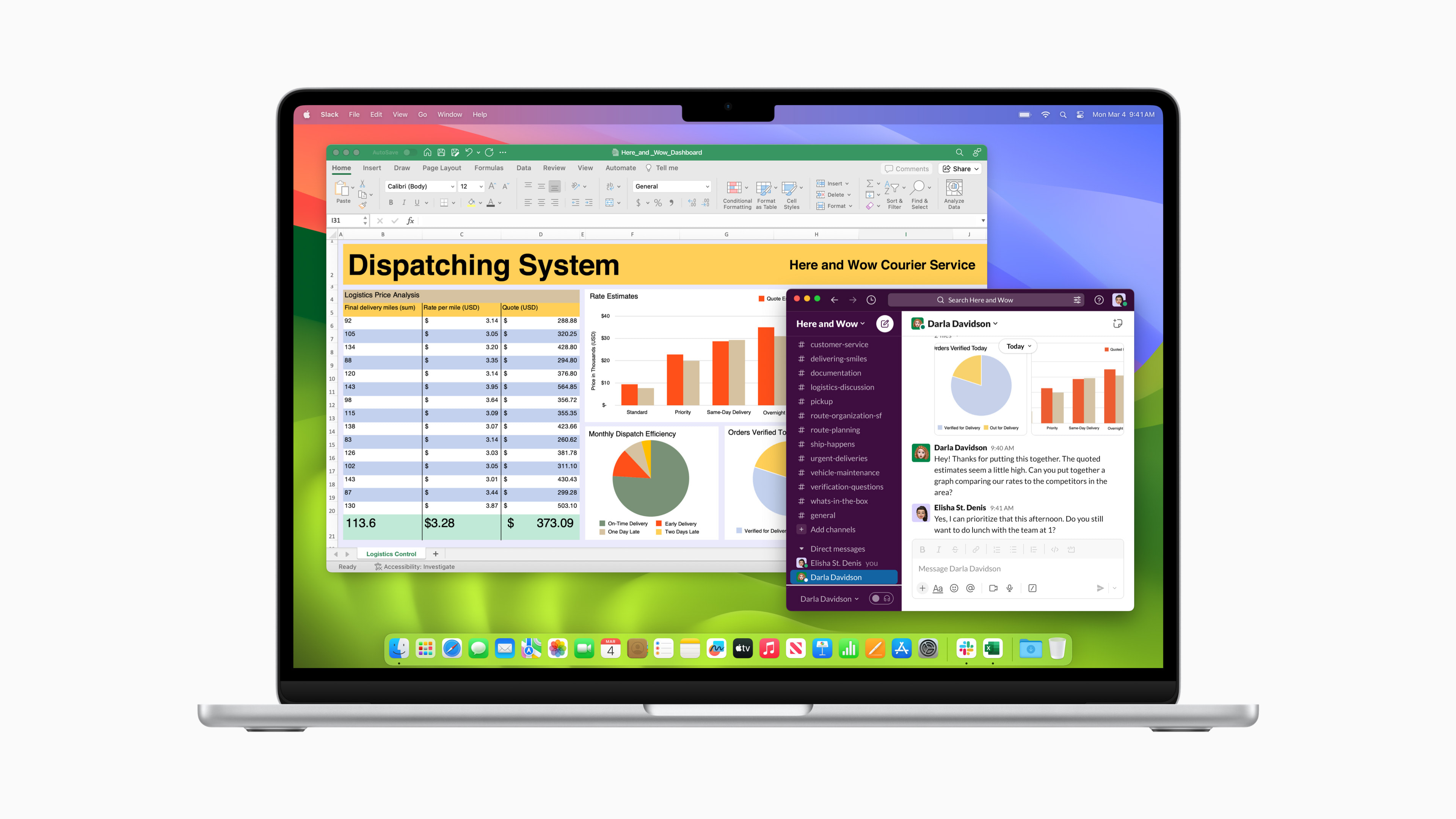
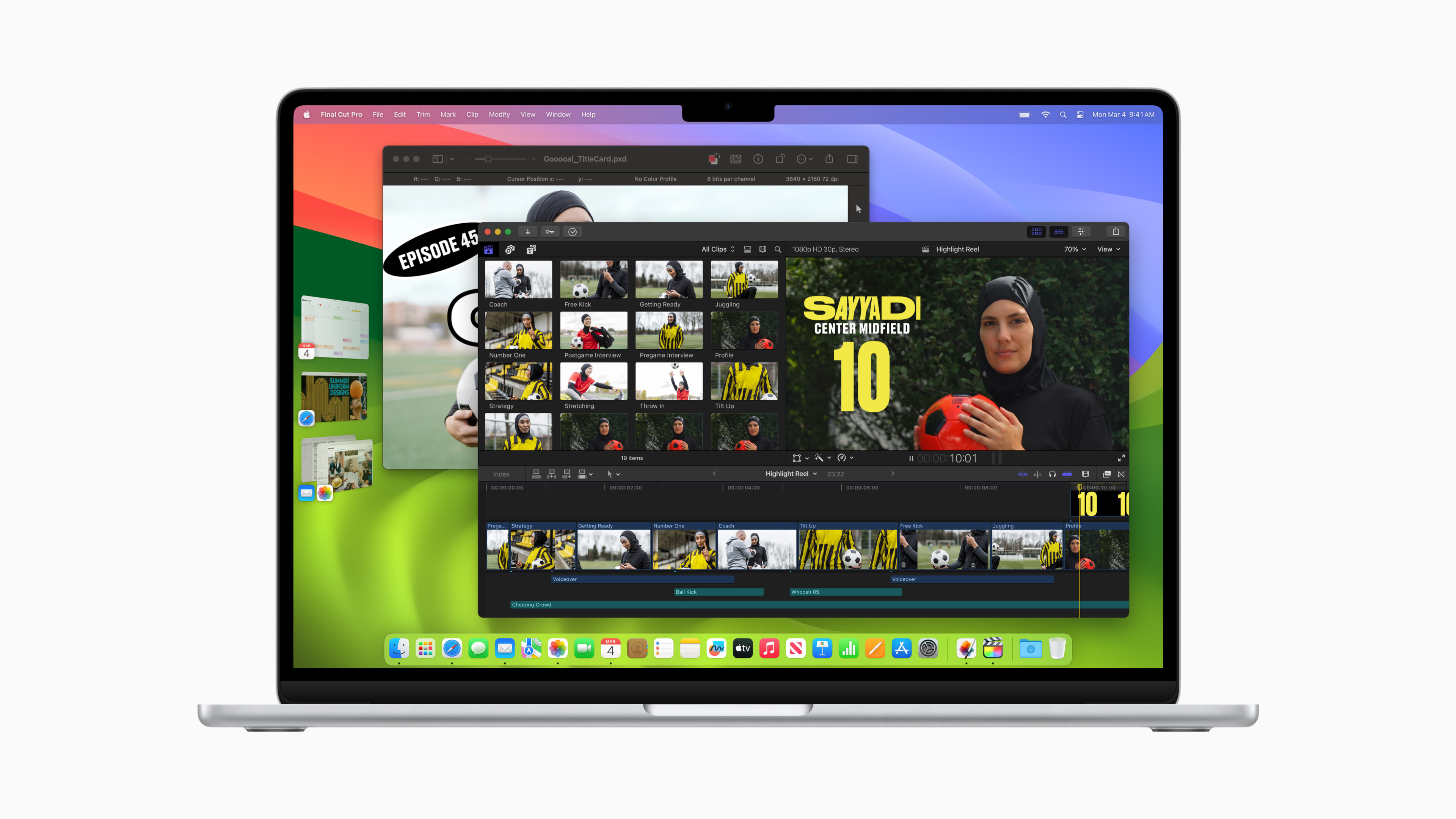
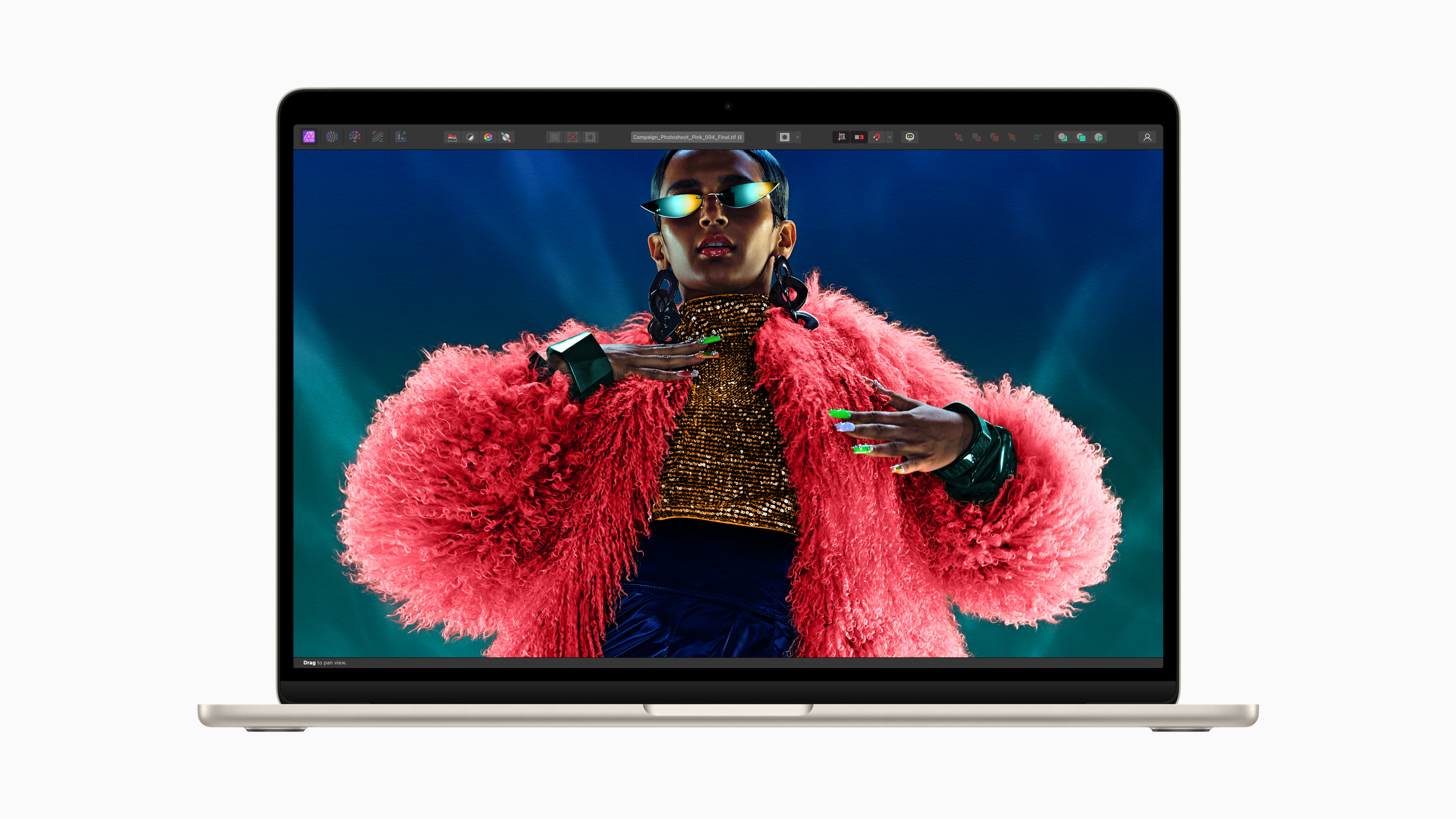
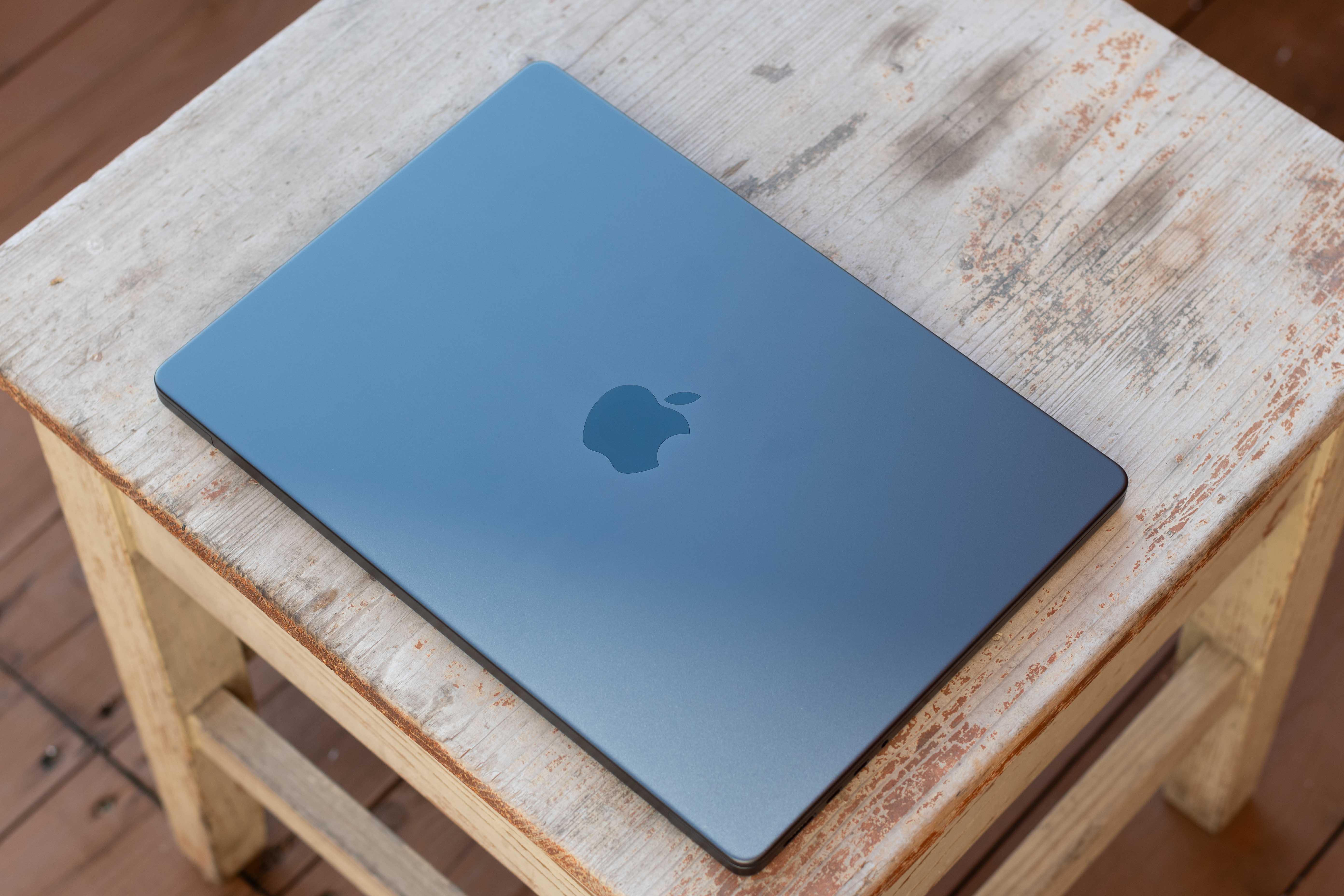
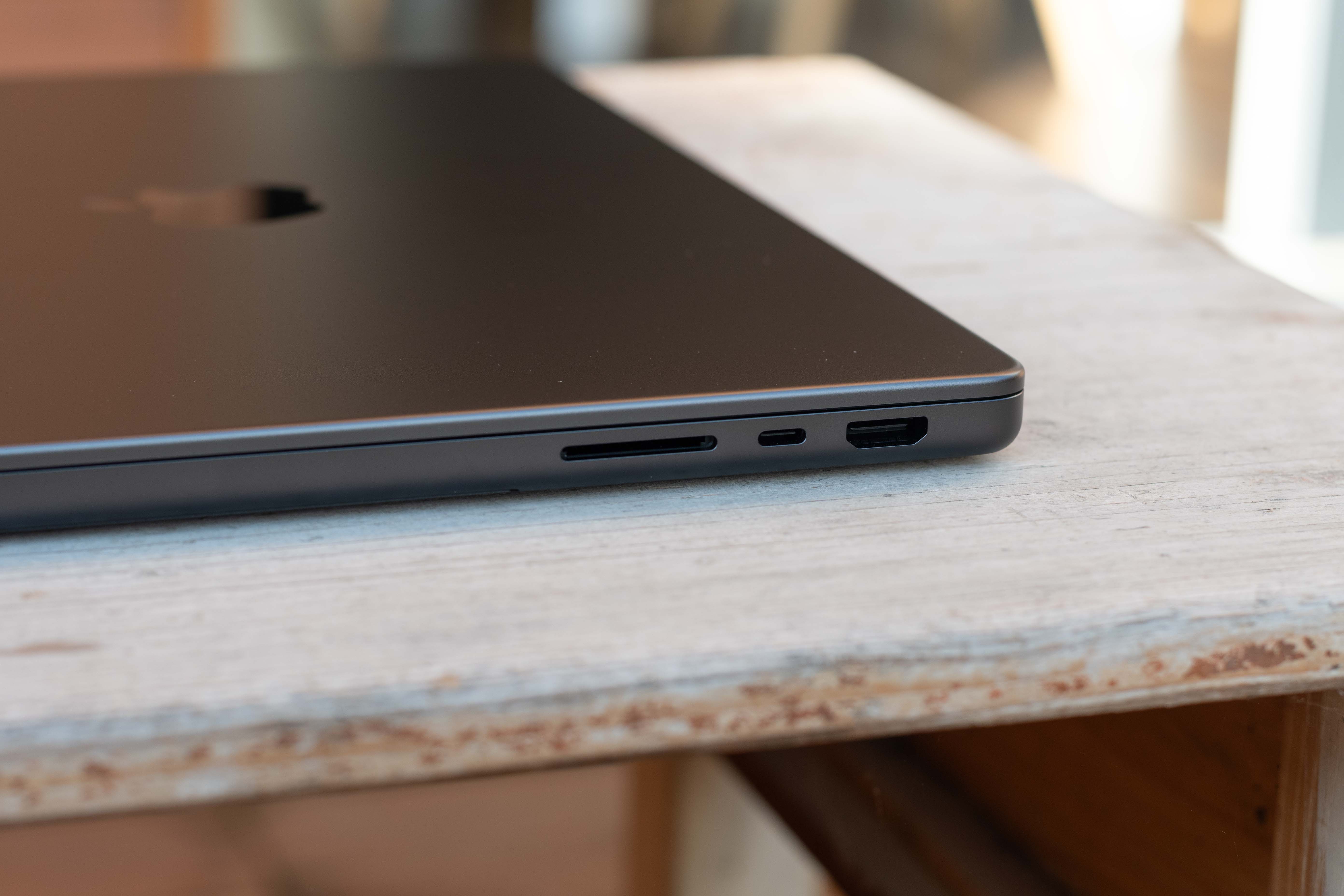
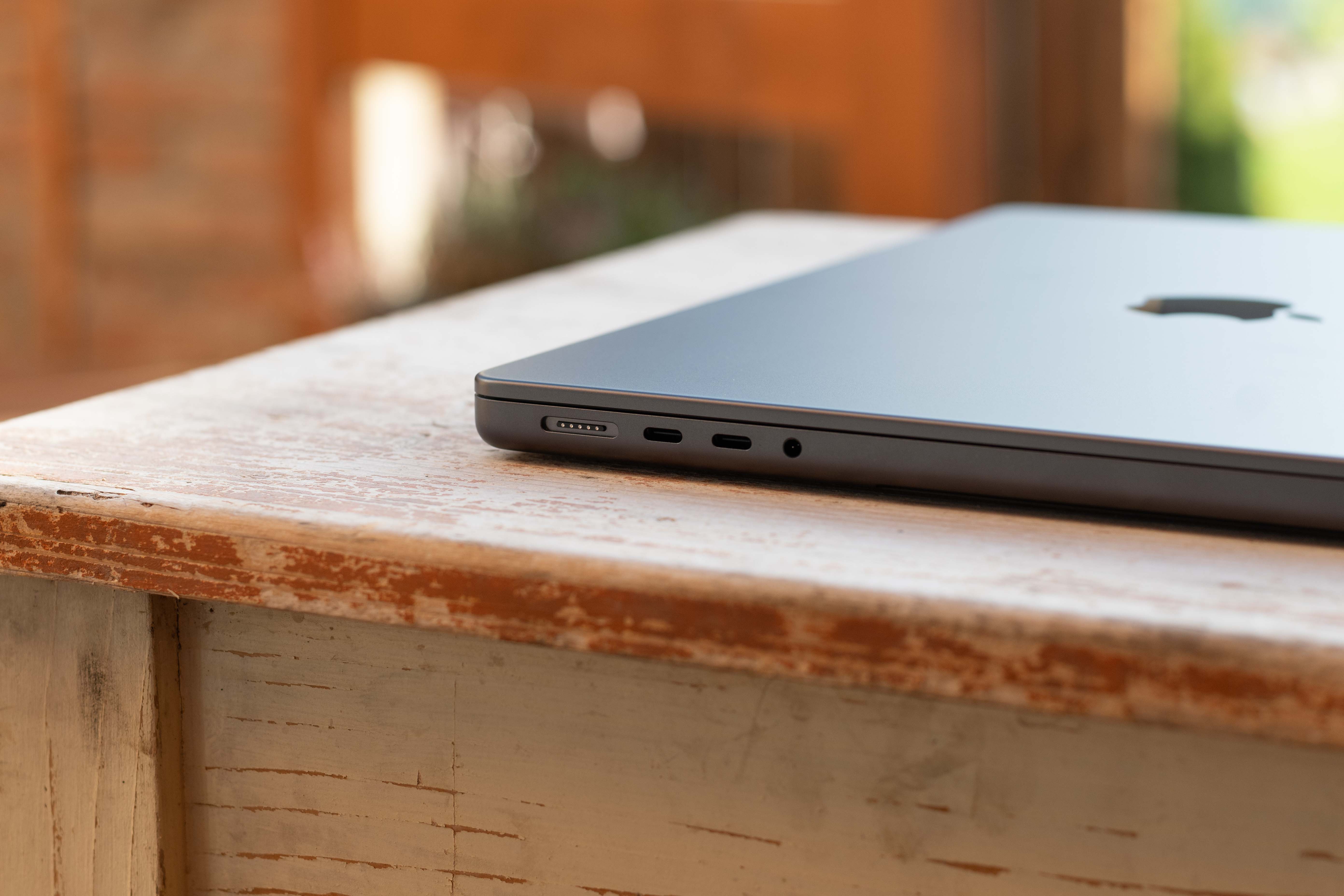
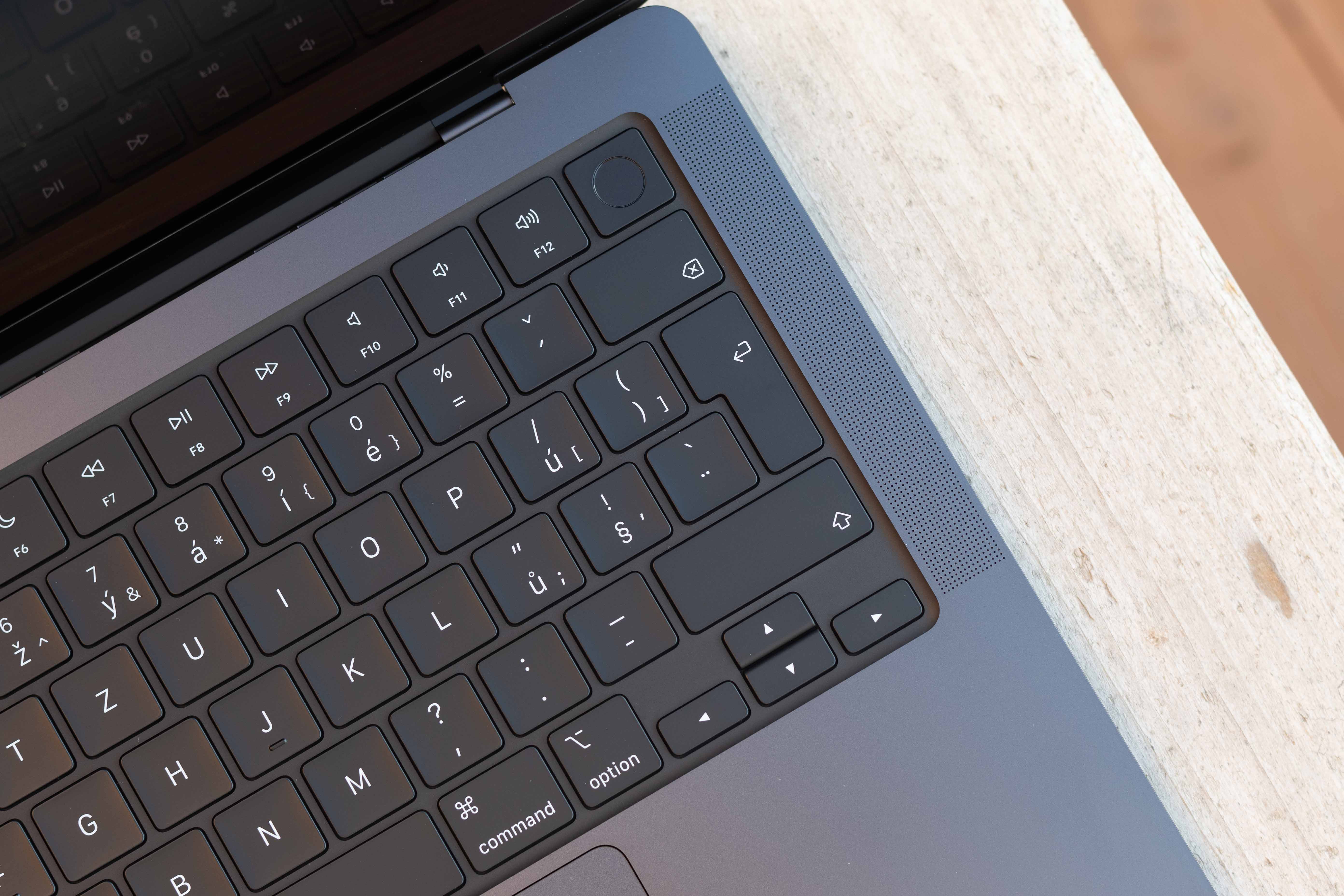
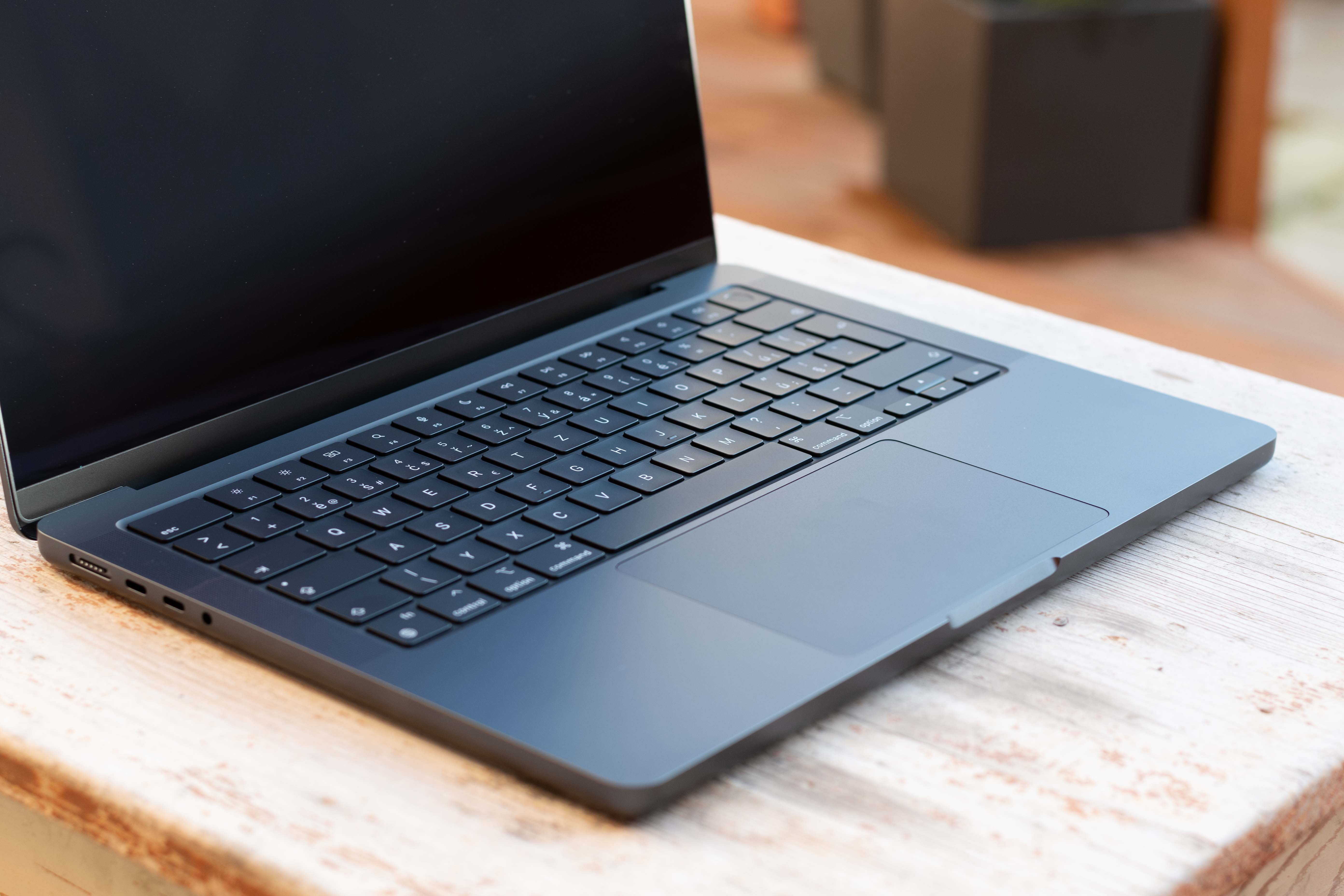
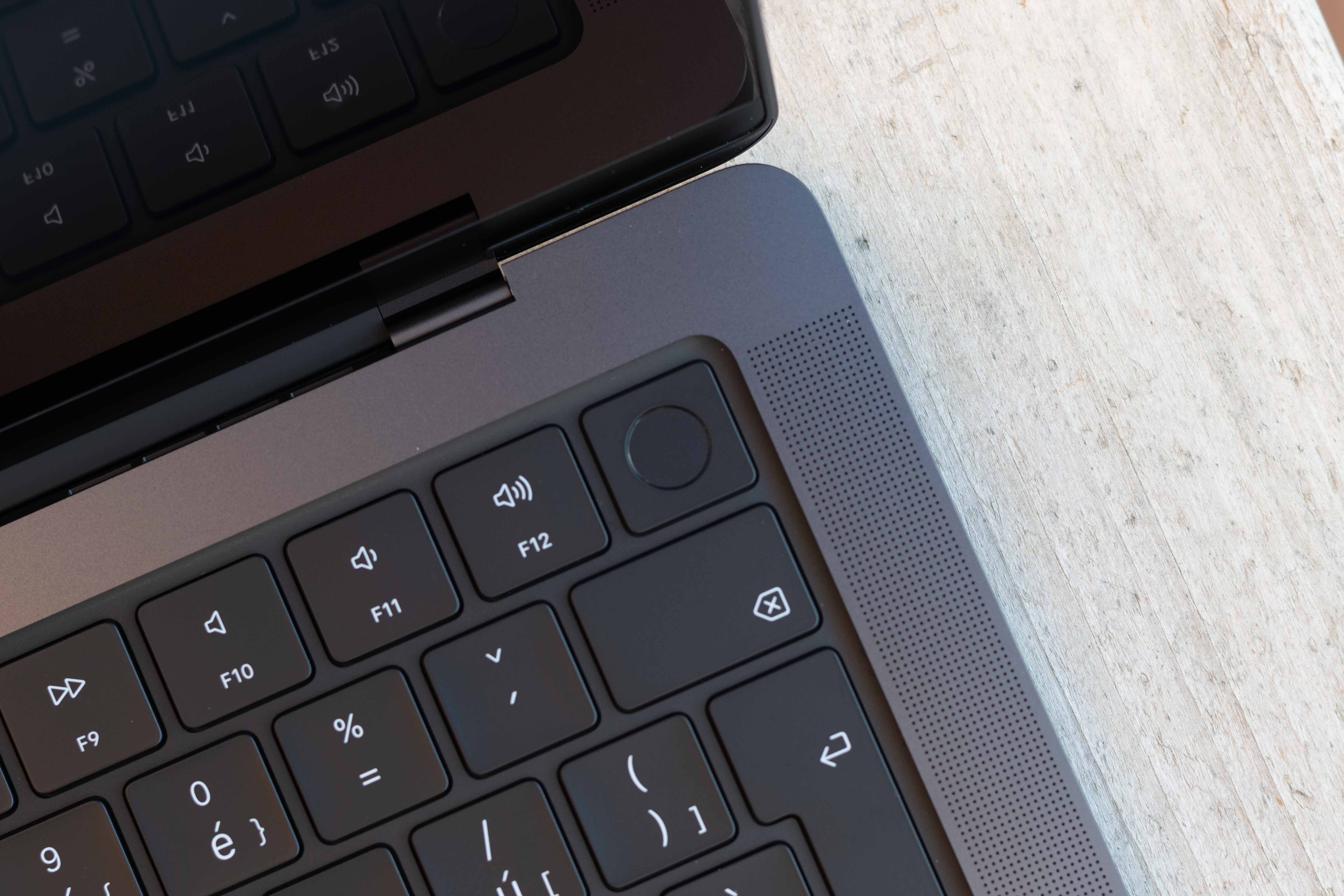
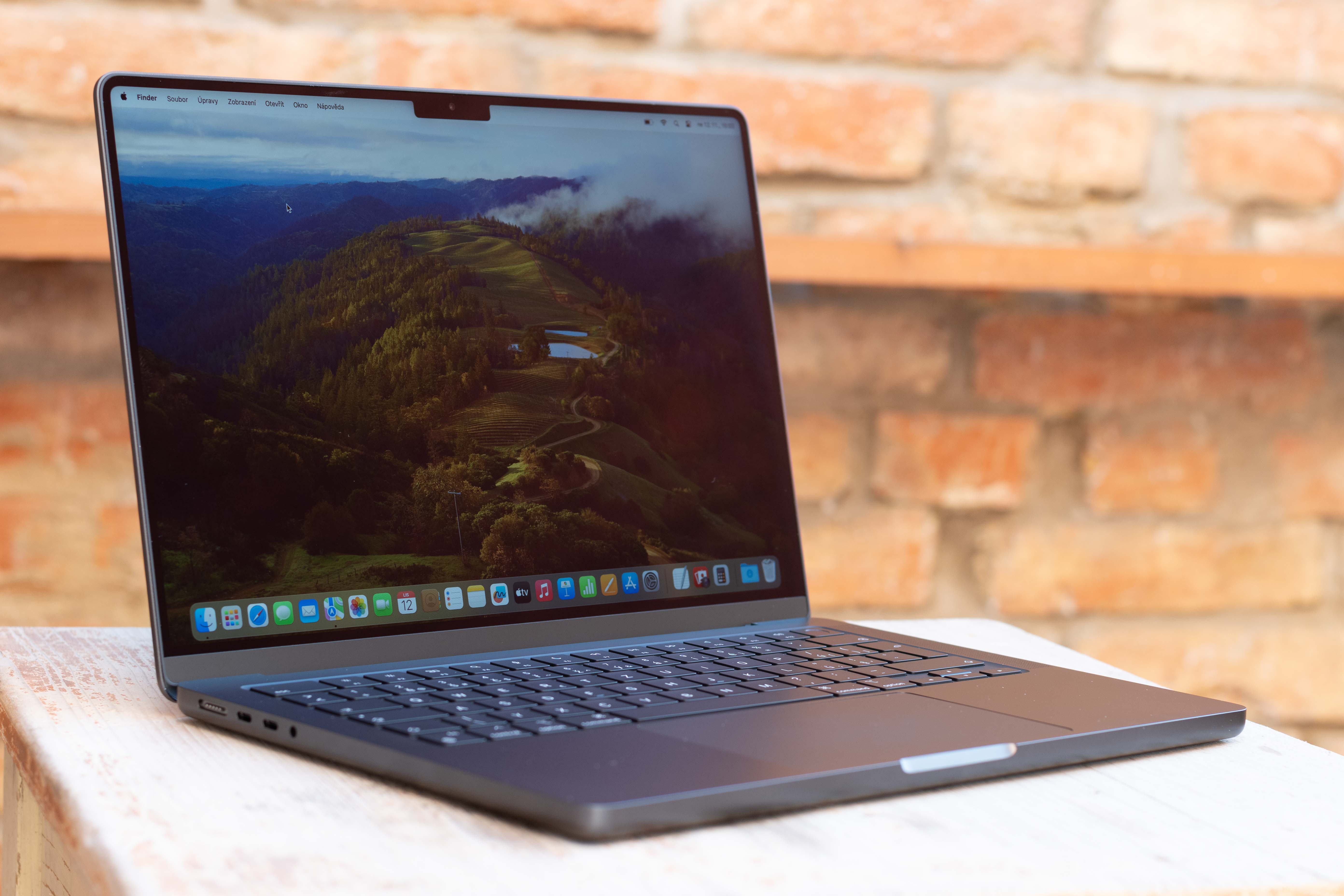
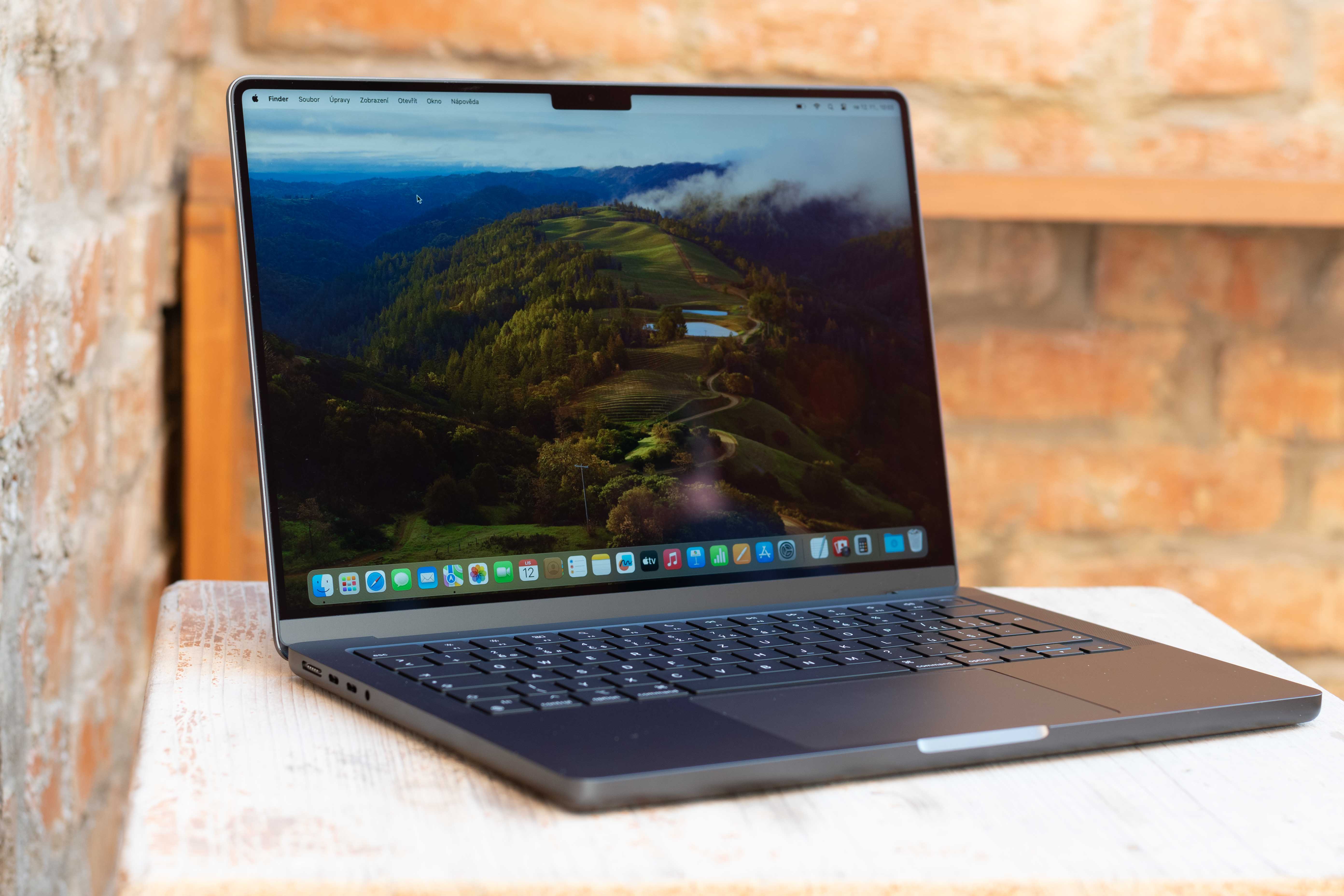
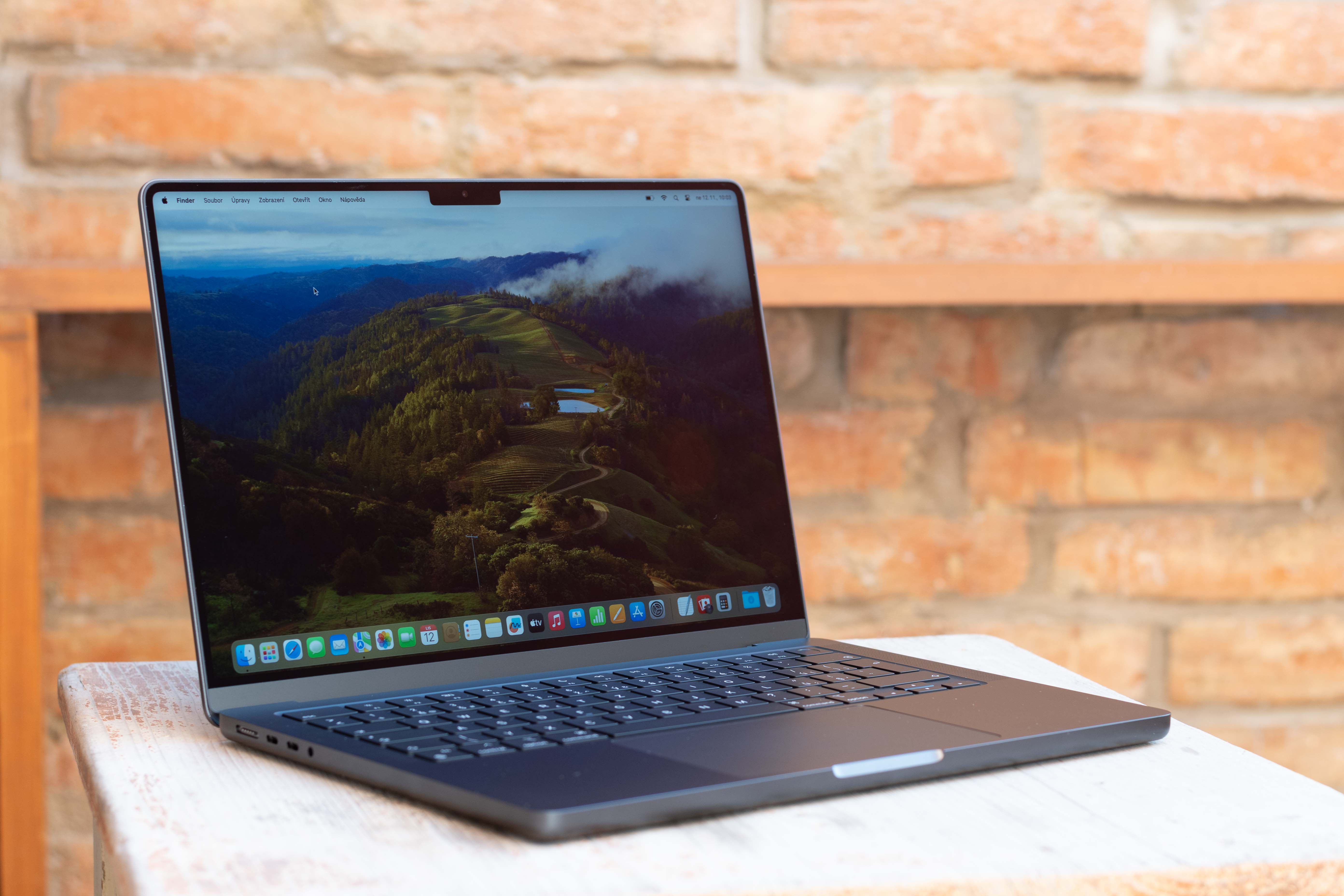
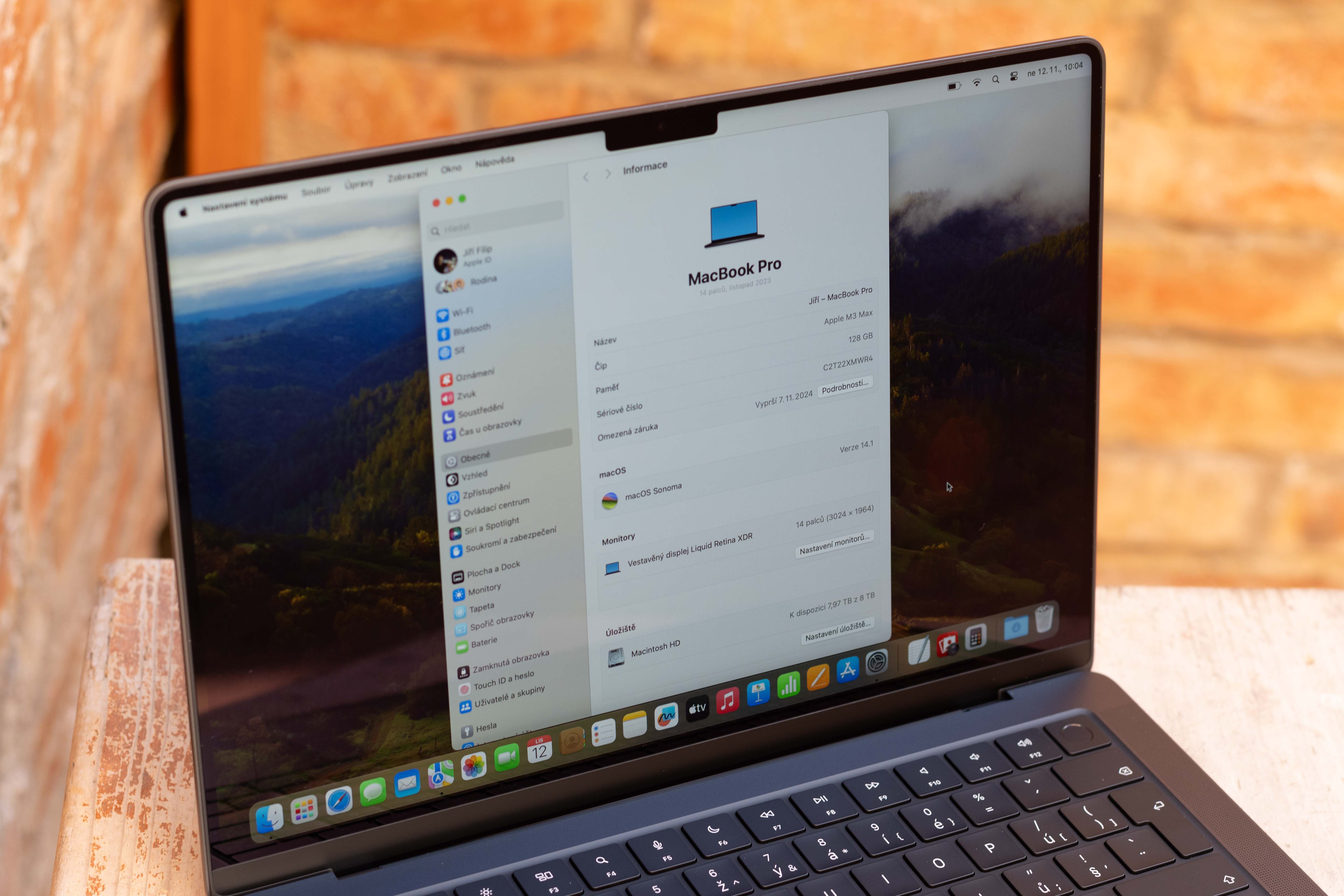
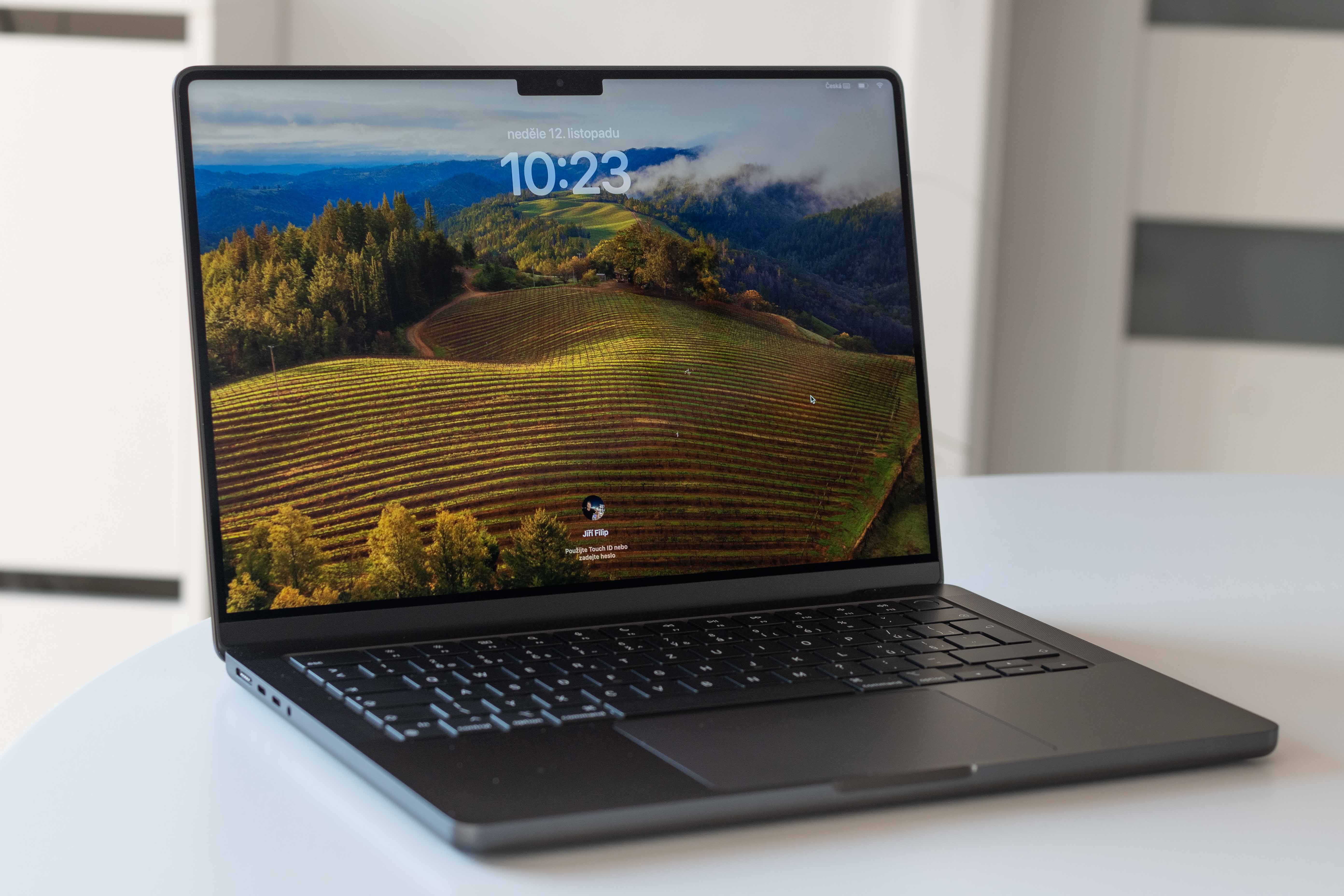
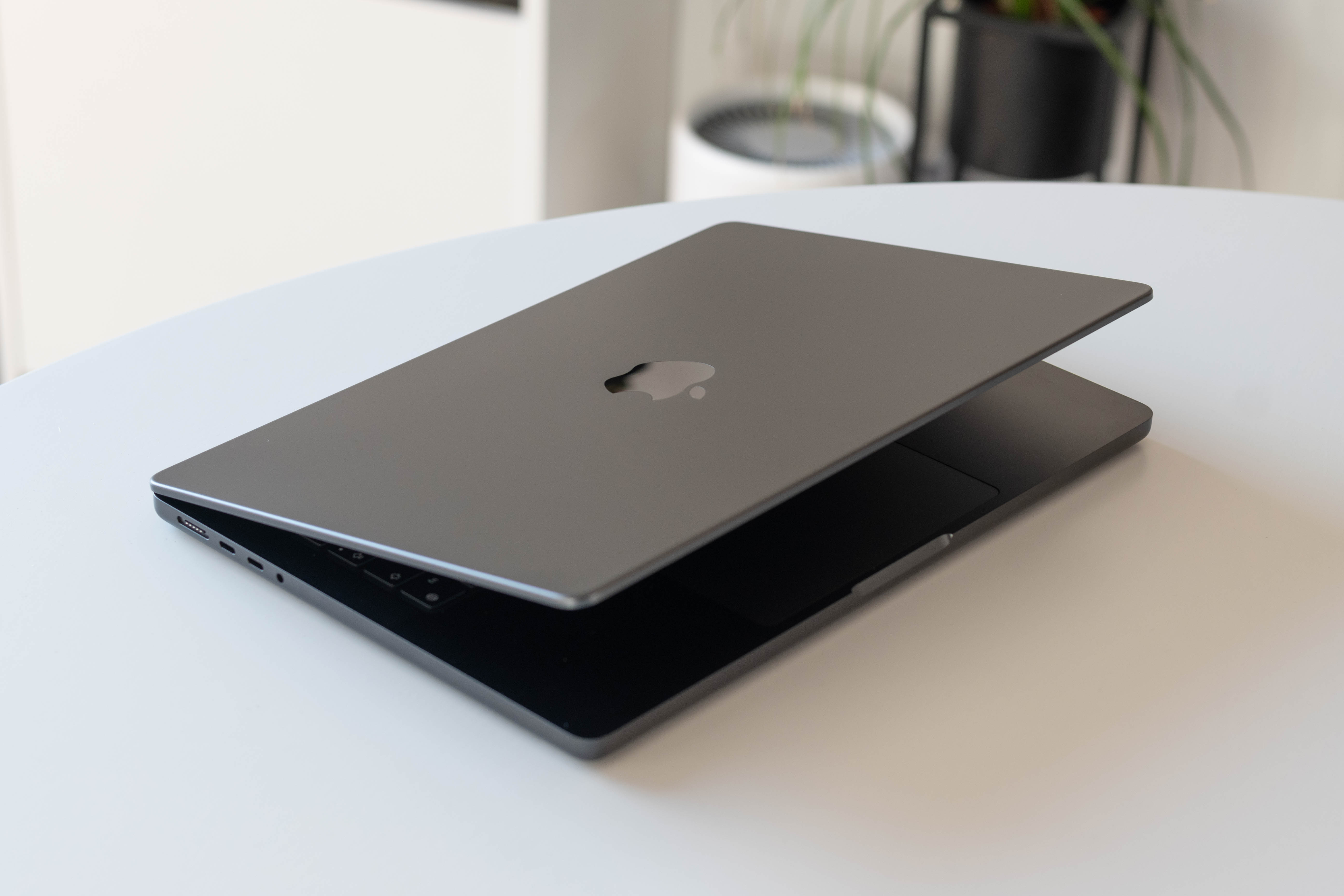
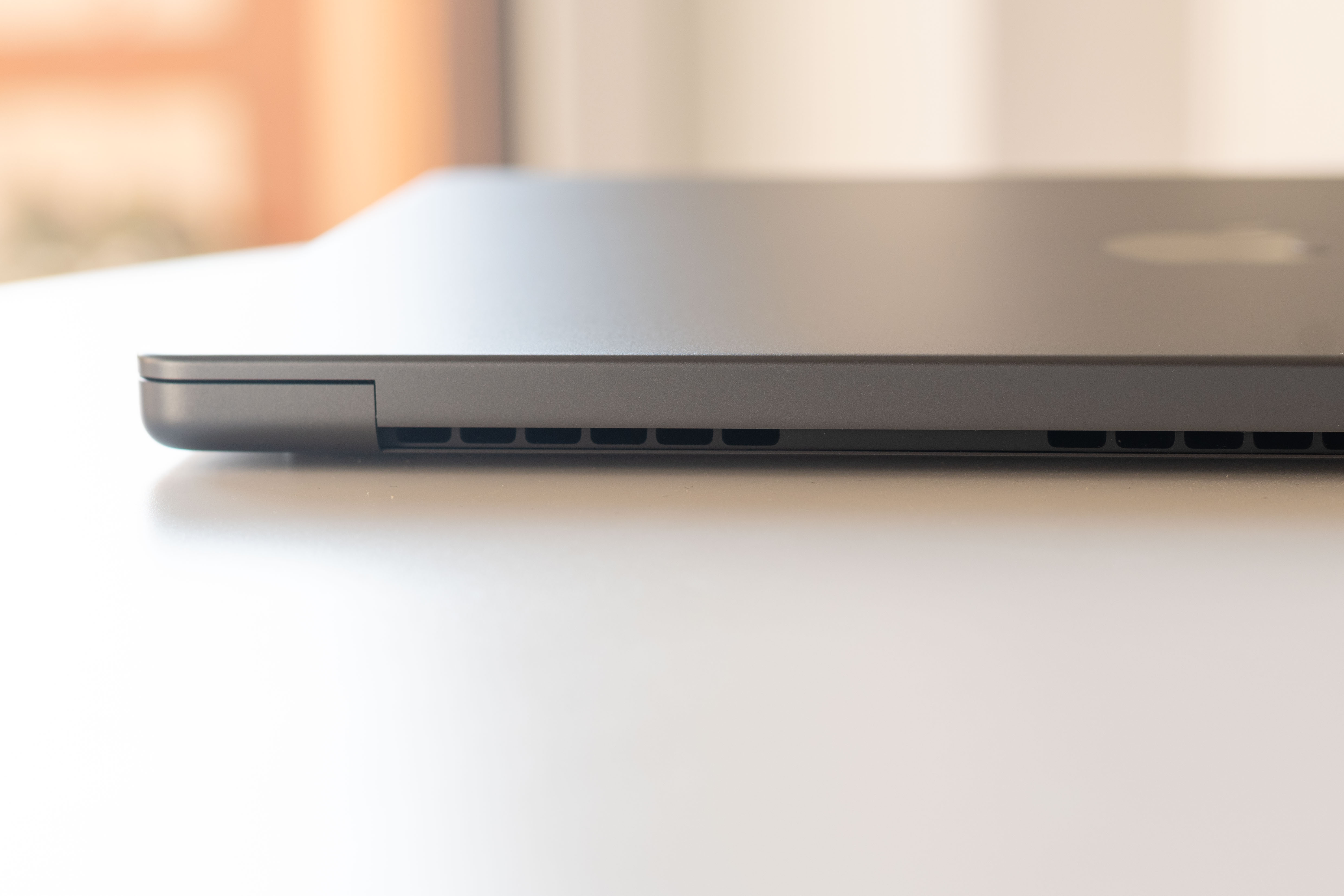
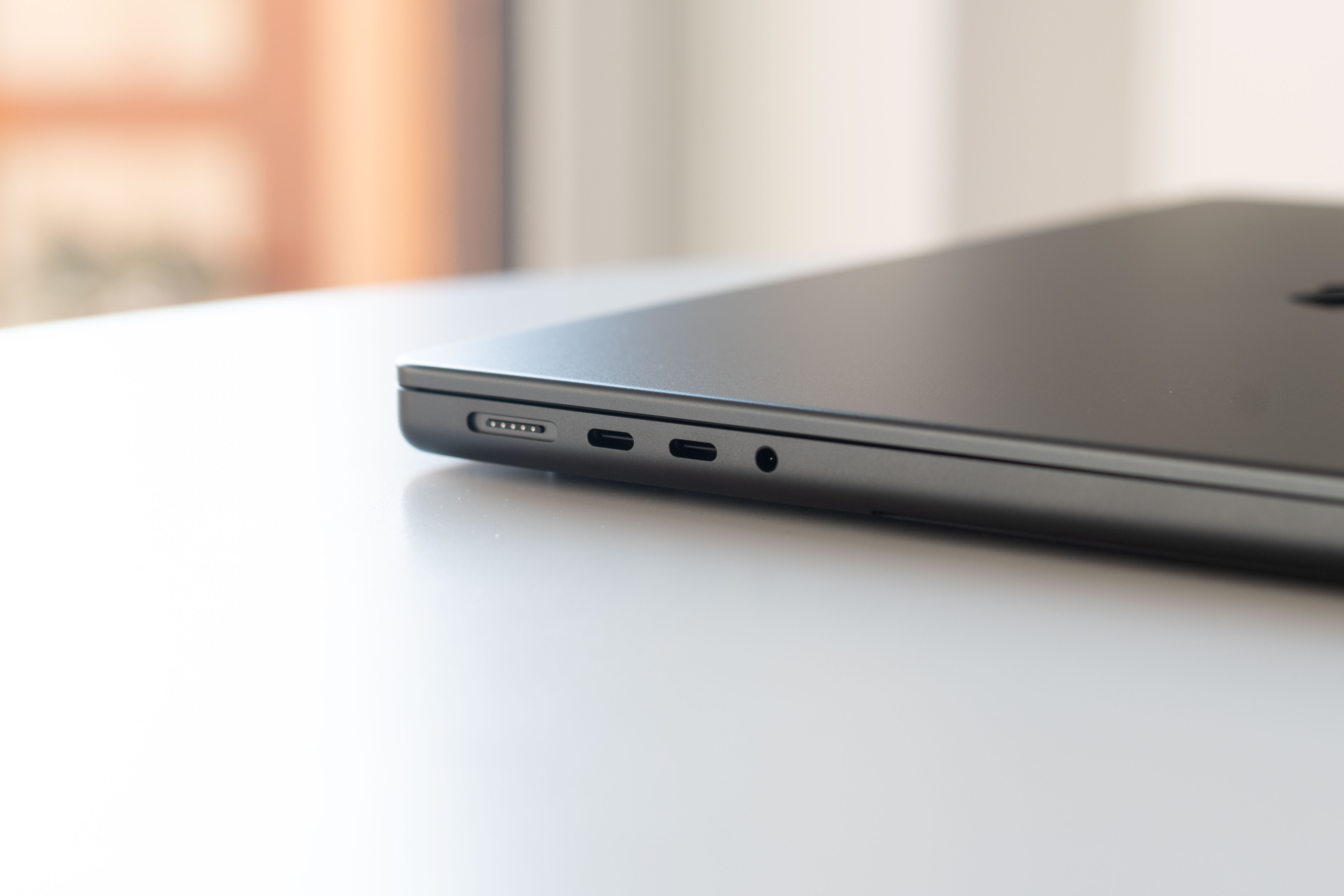
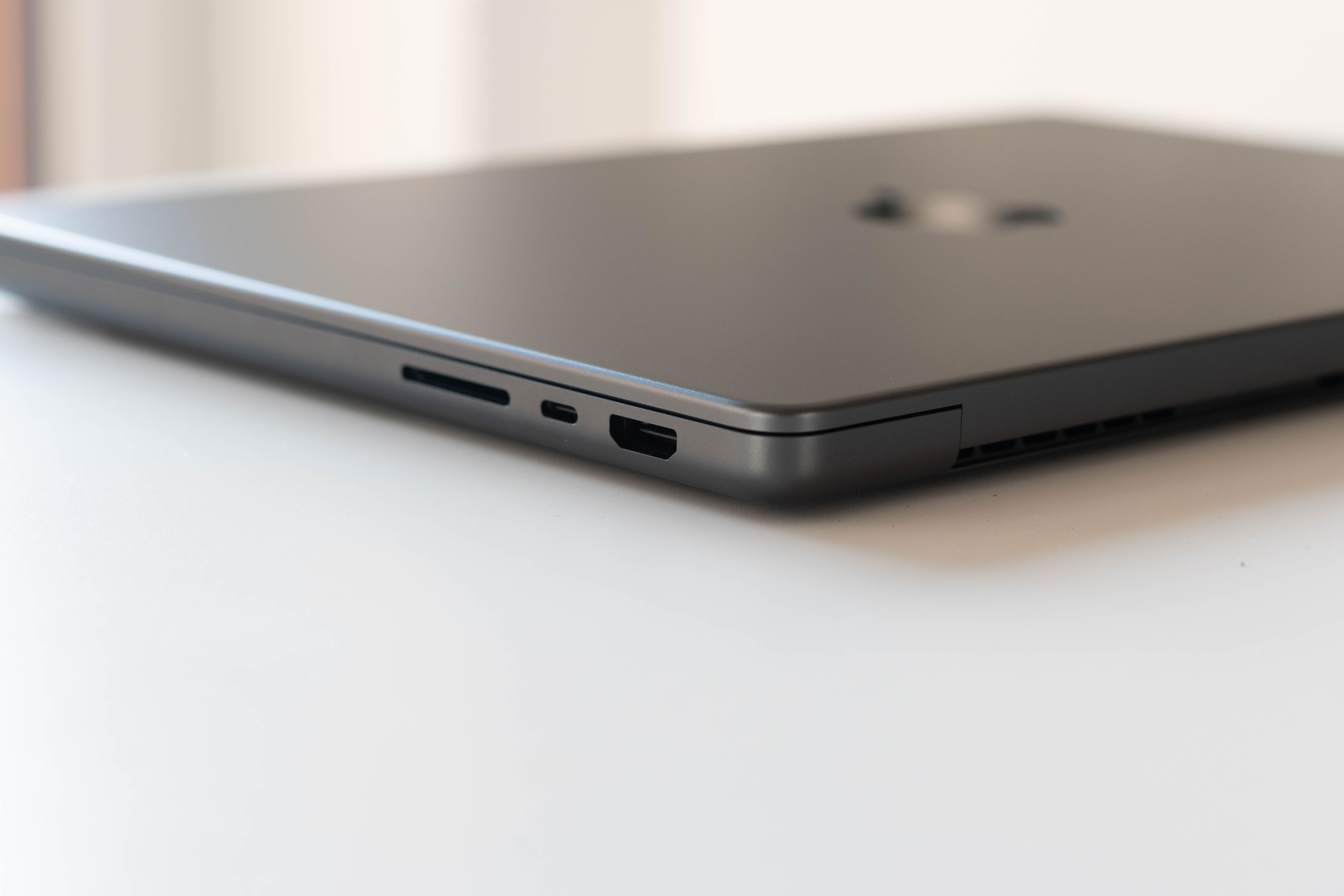
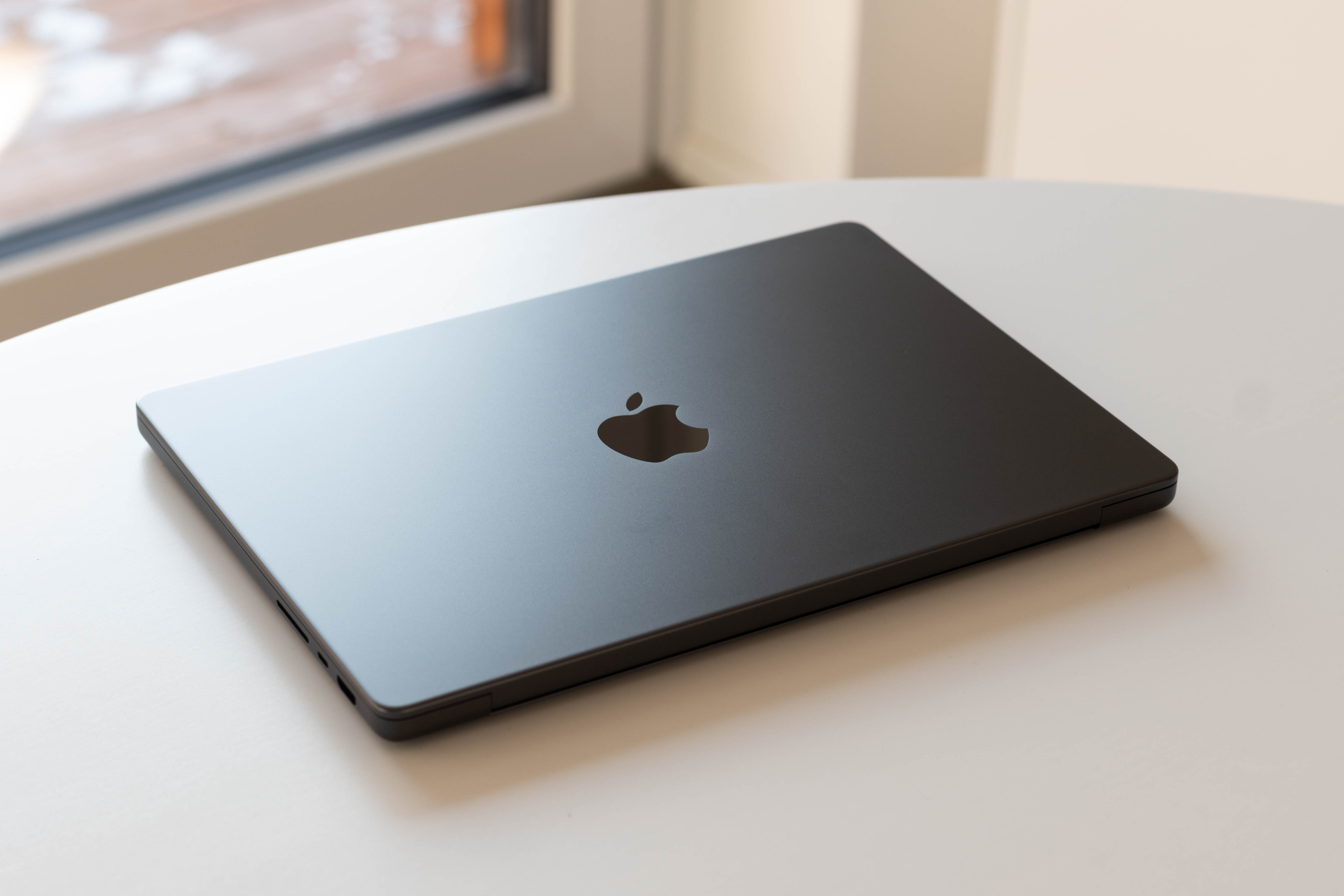
 Adam Kos
Adam Kos 